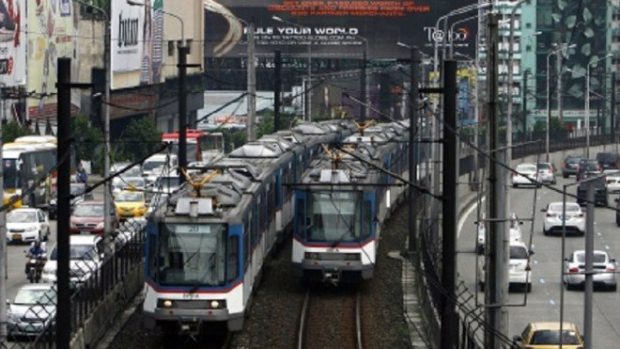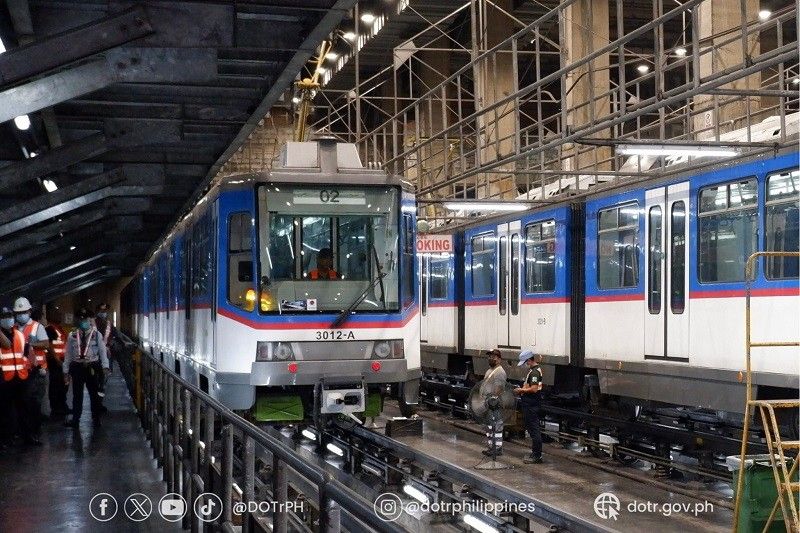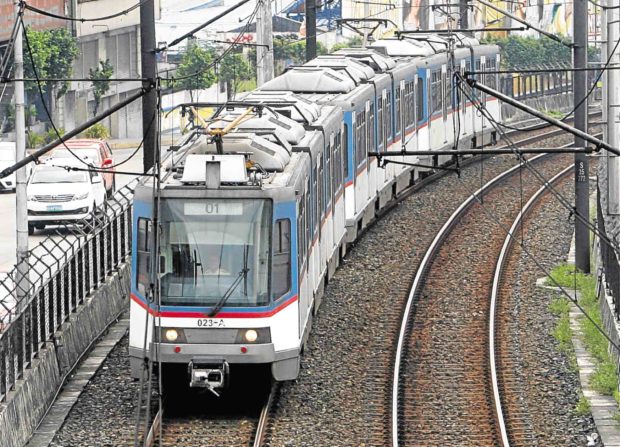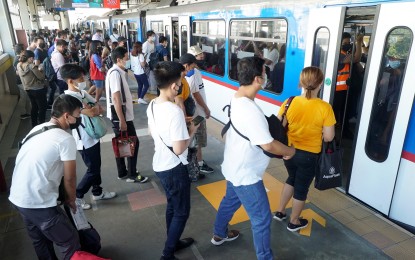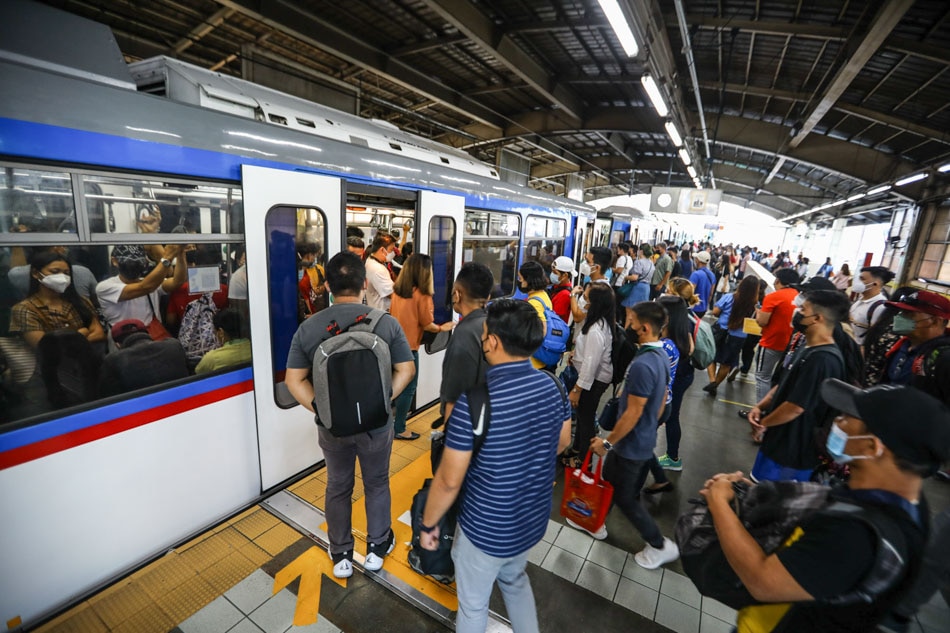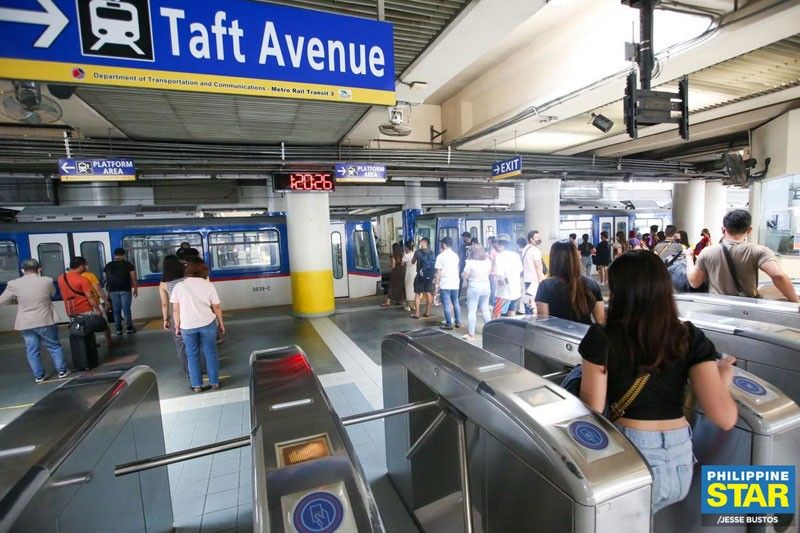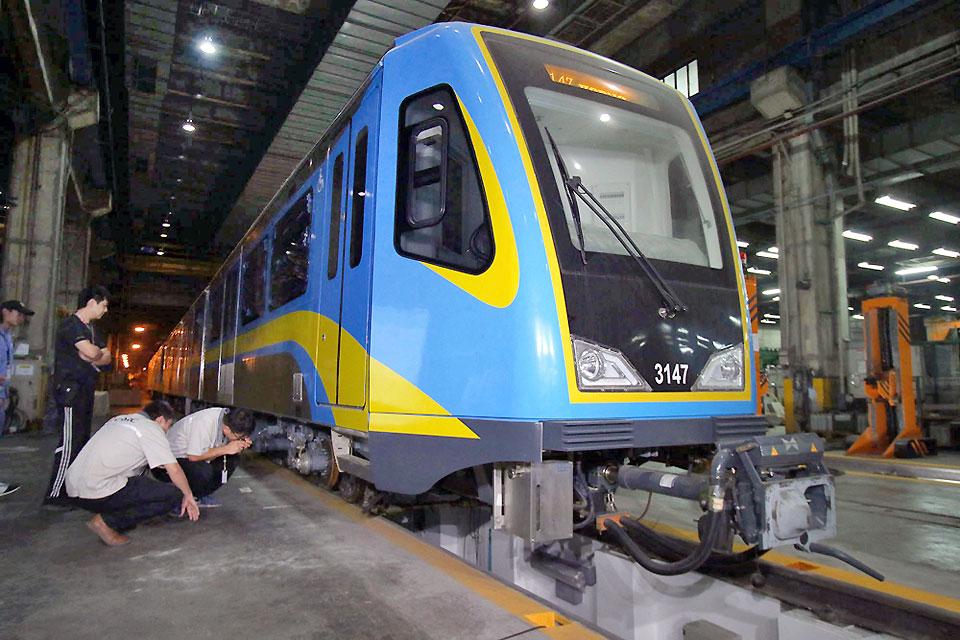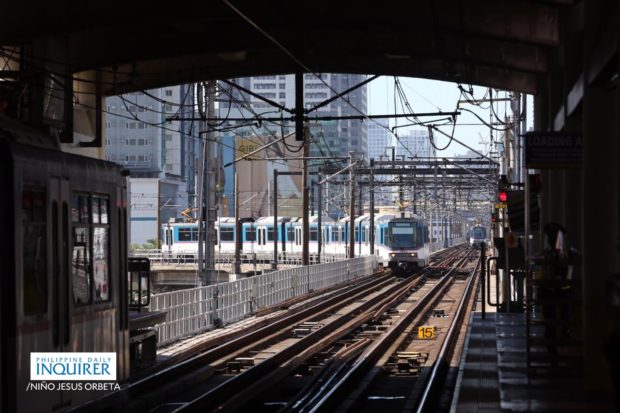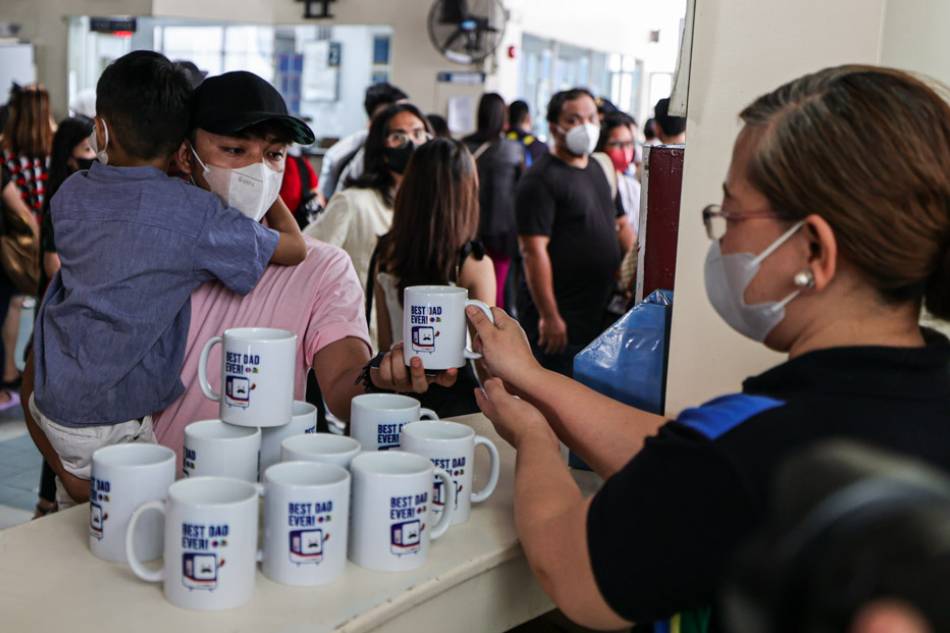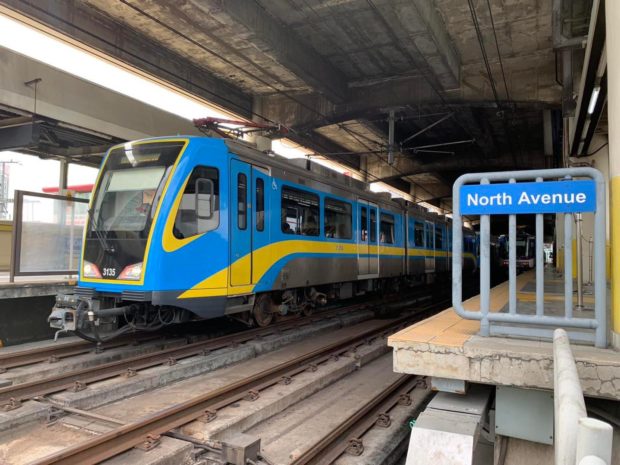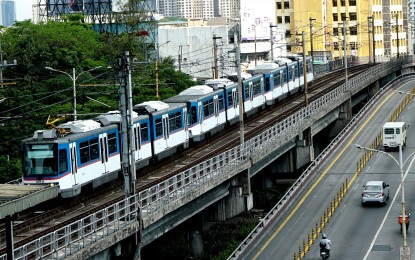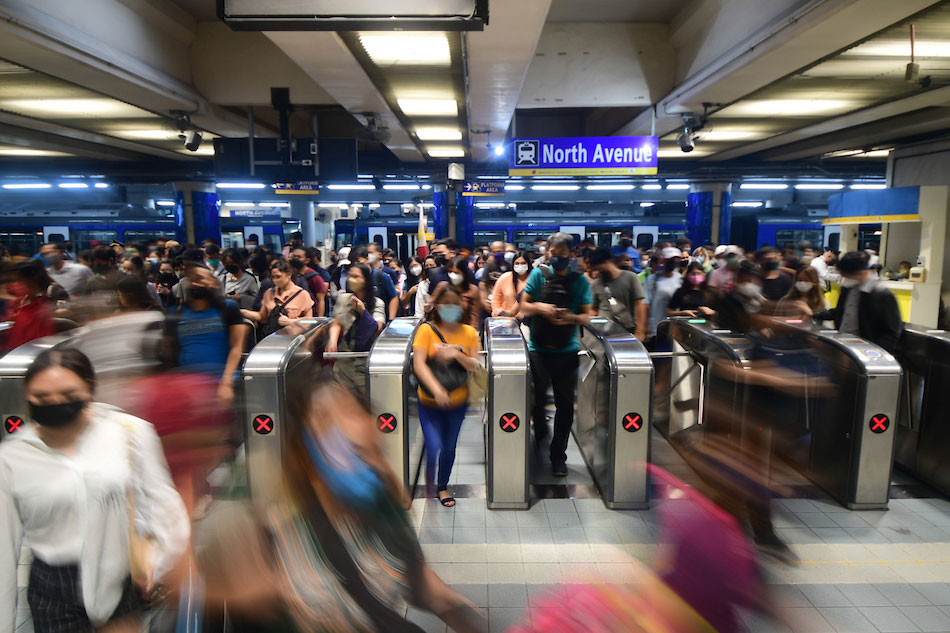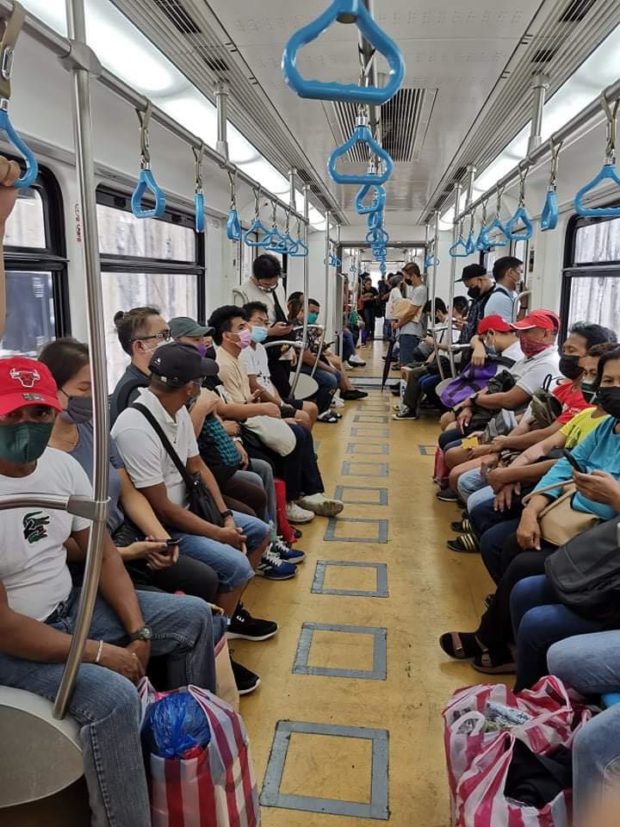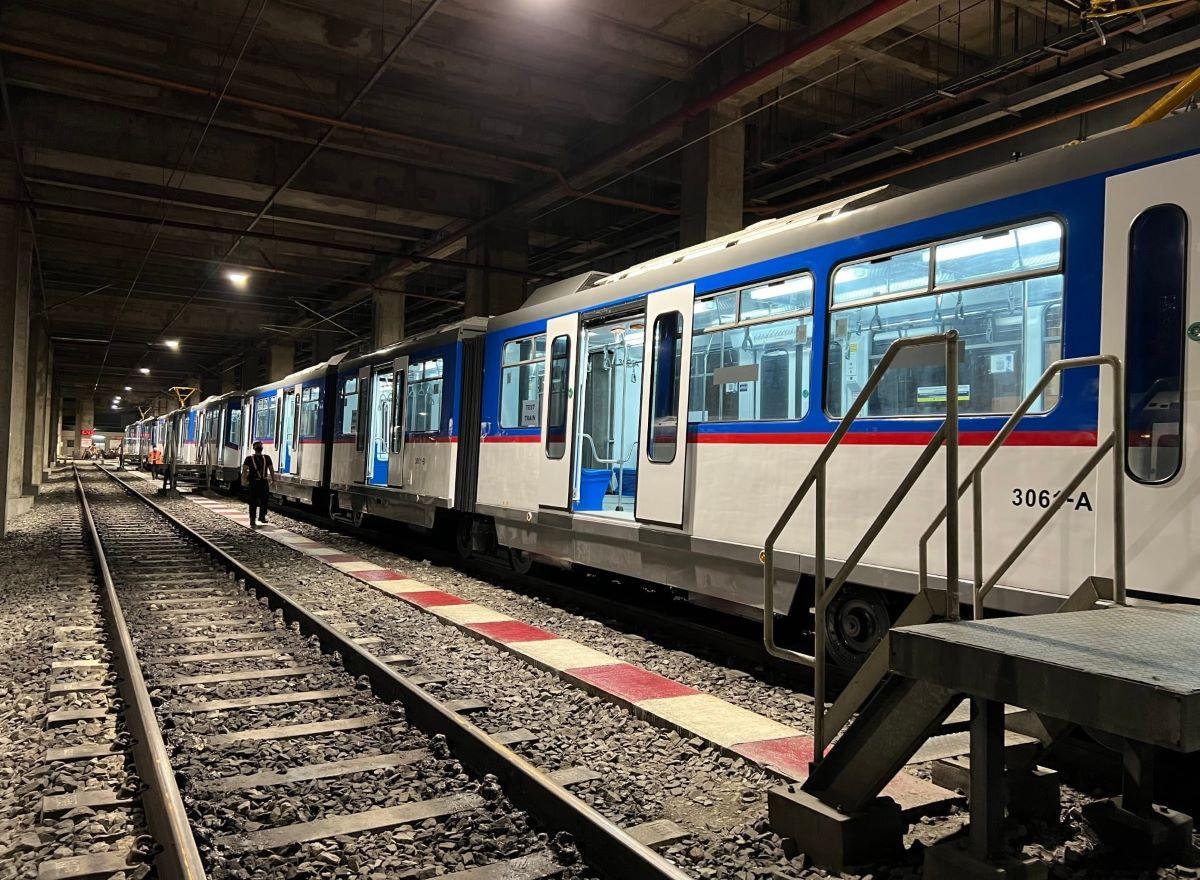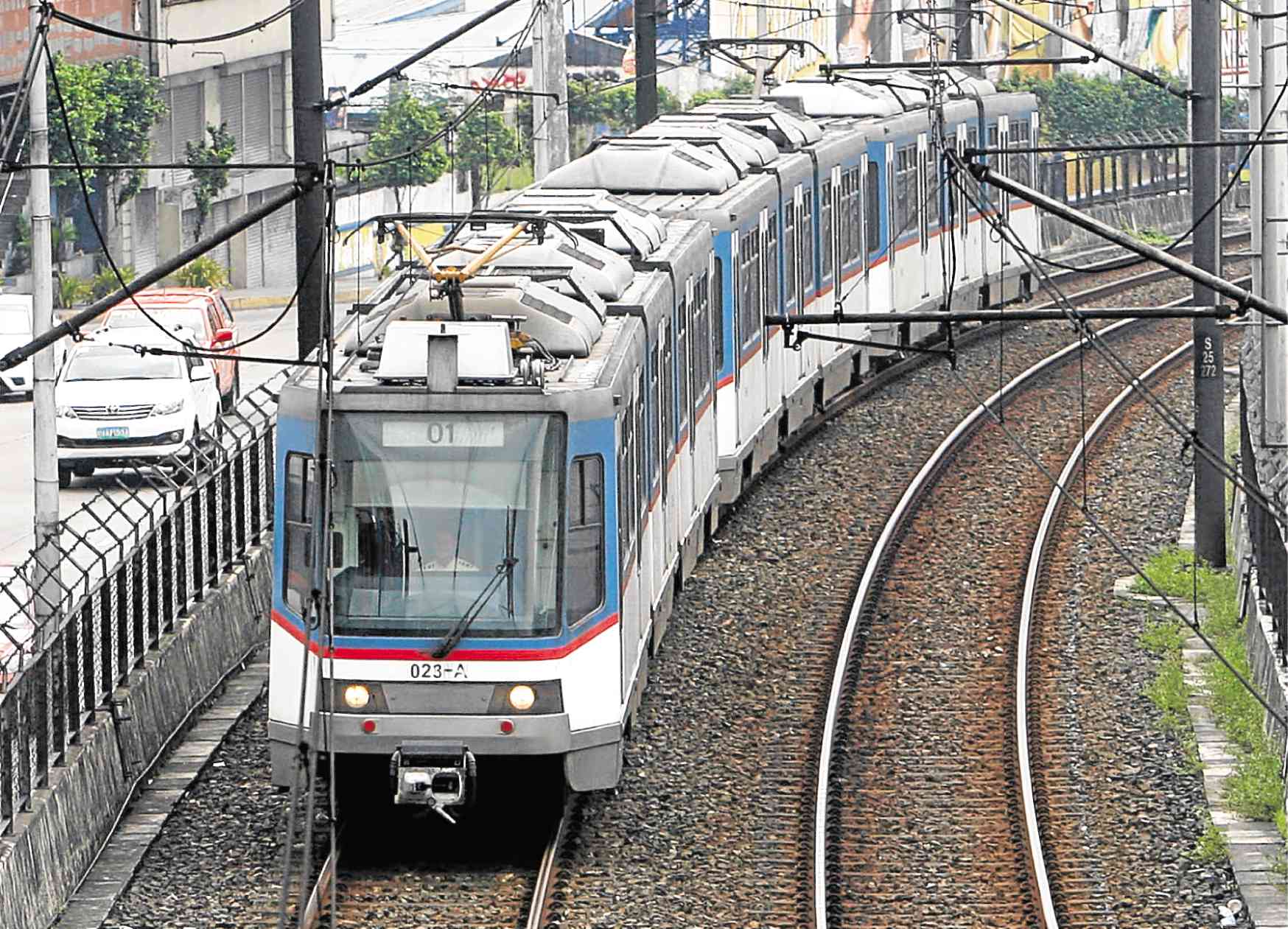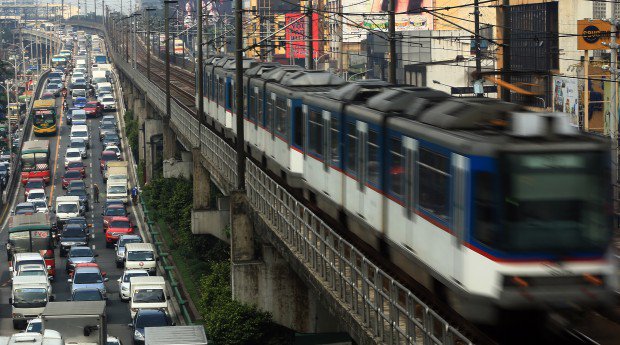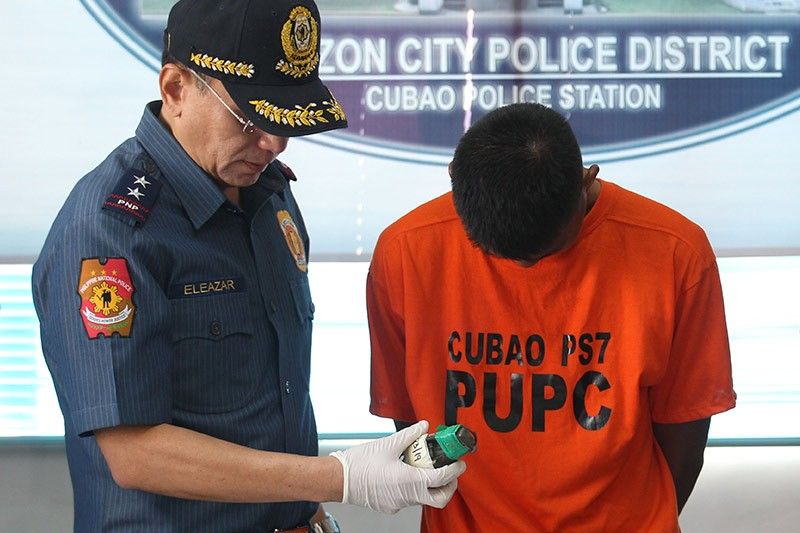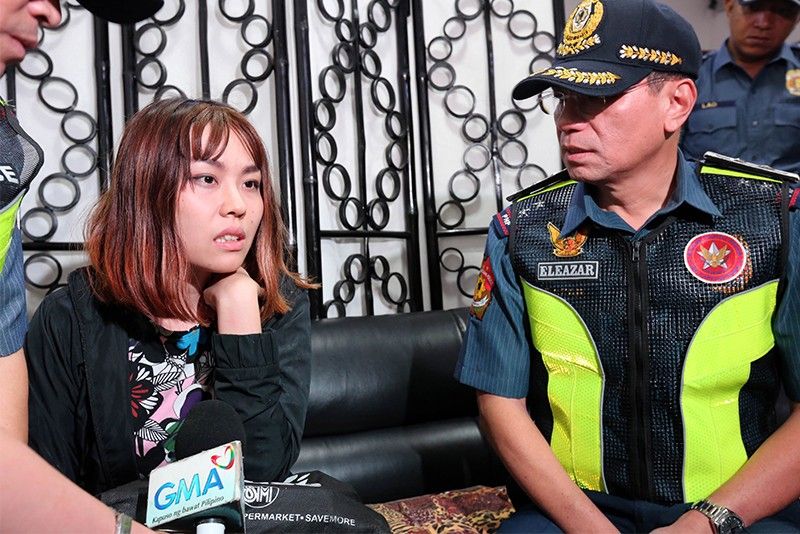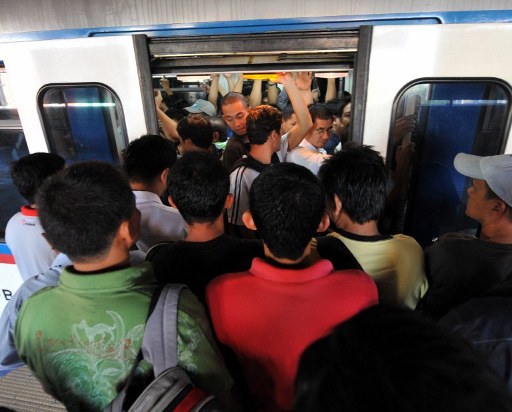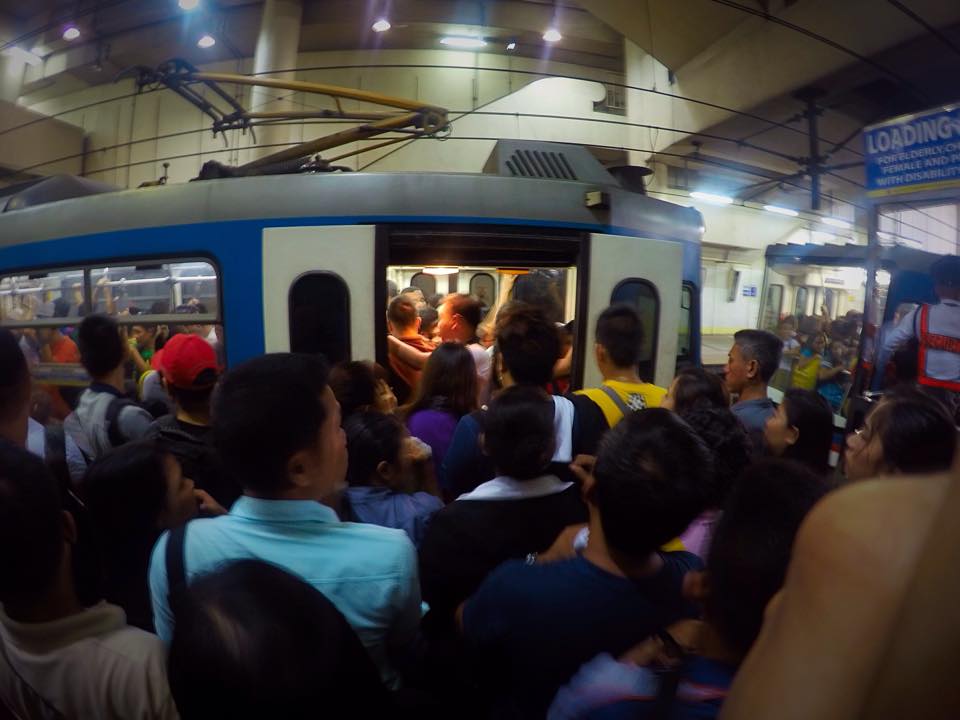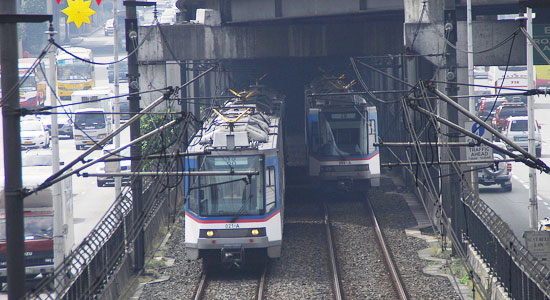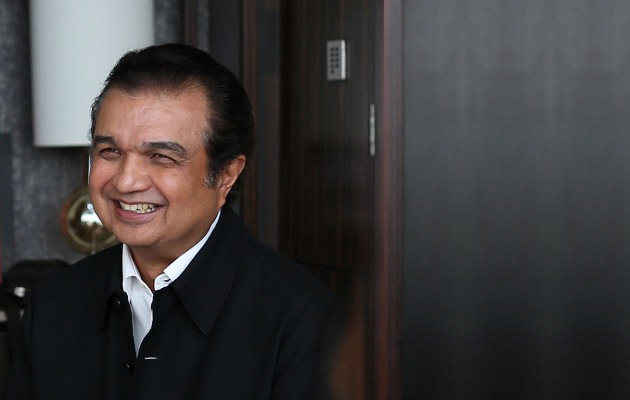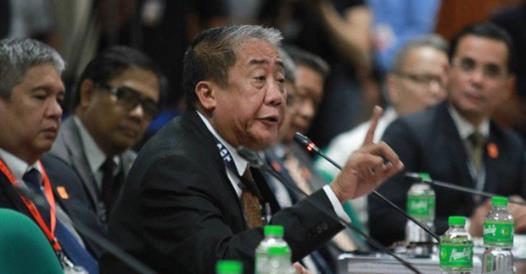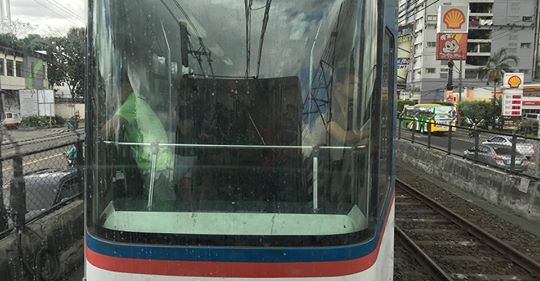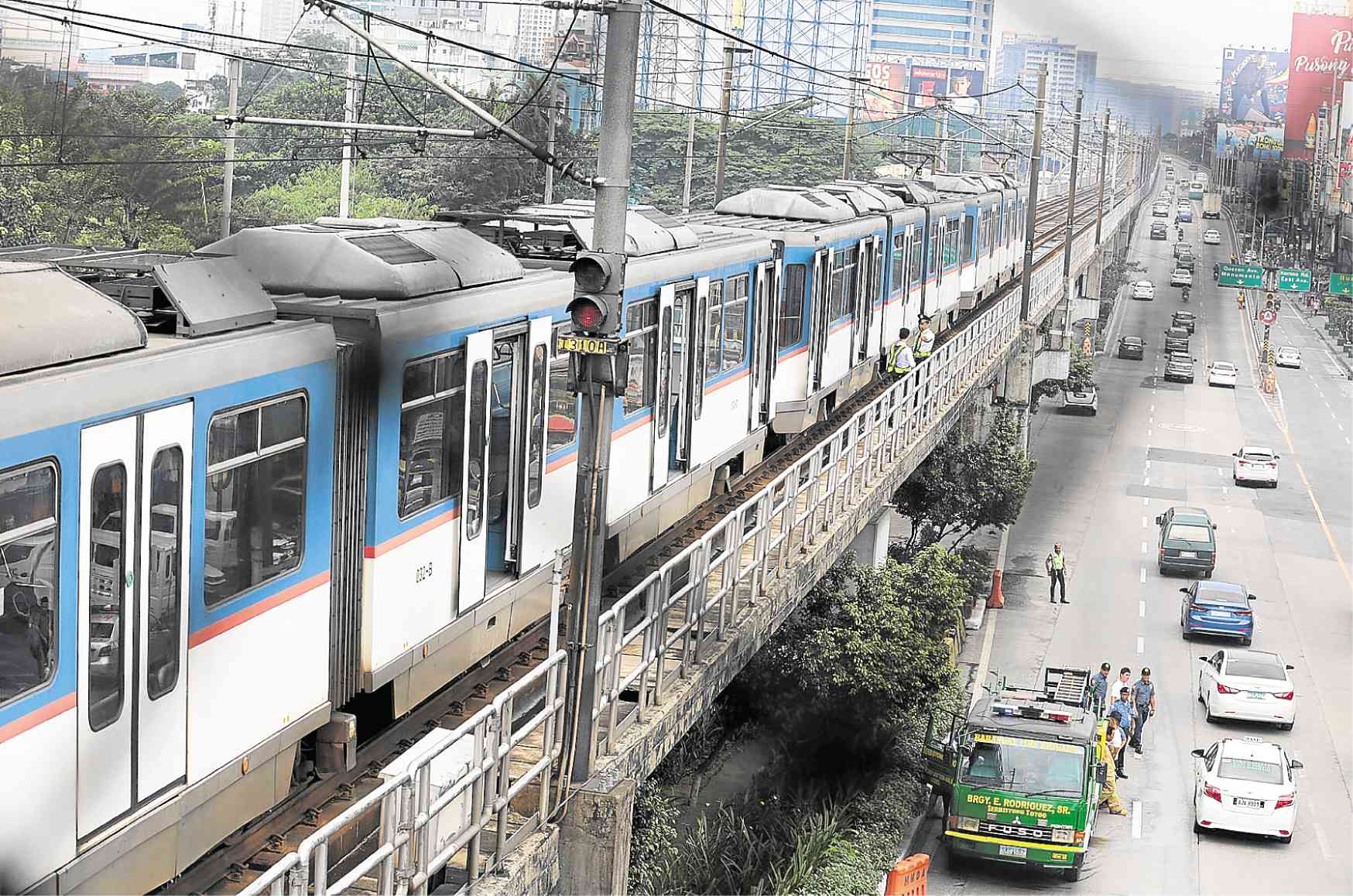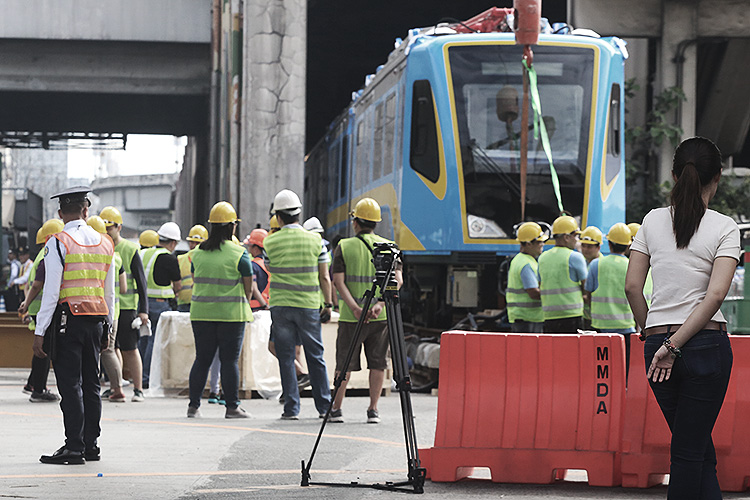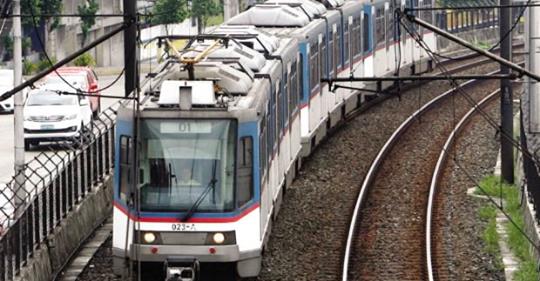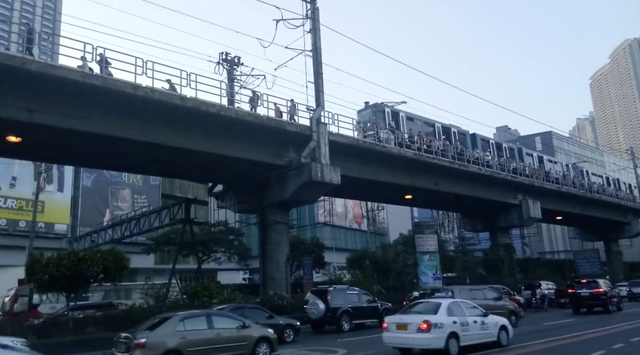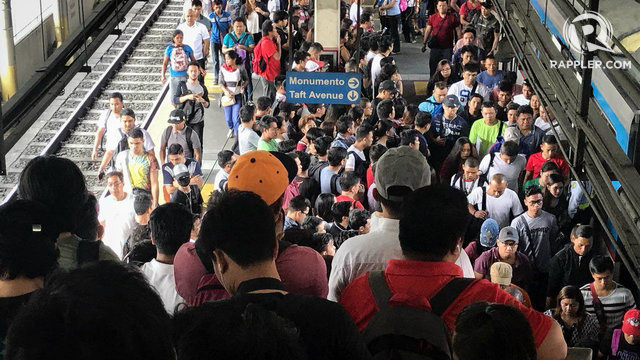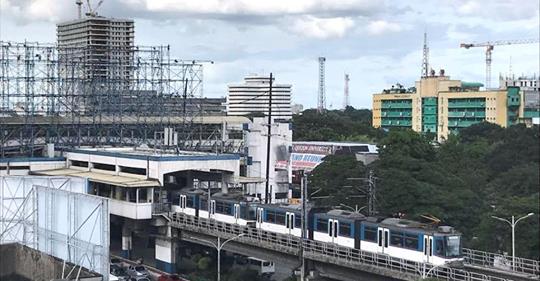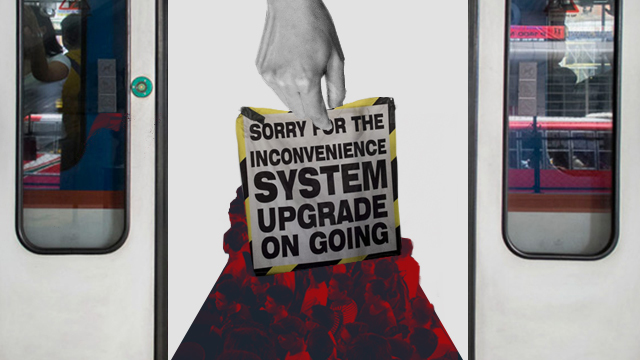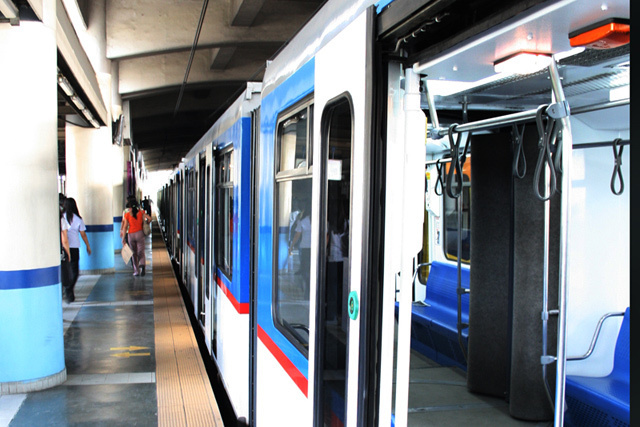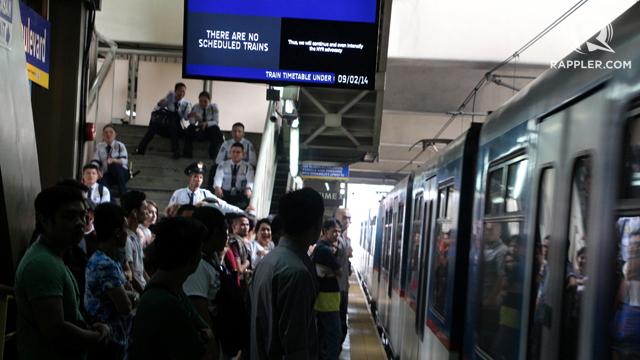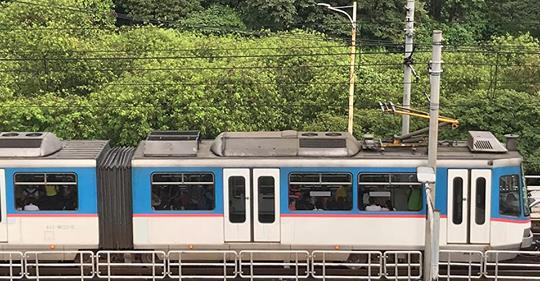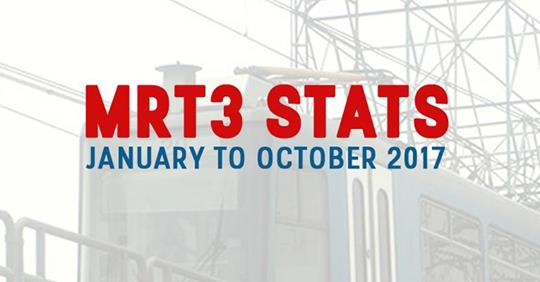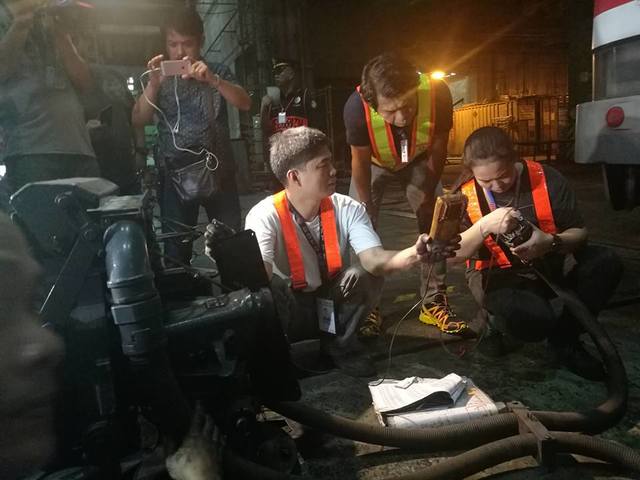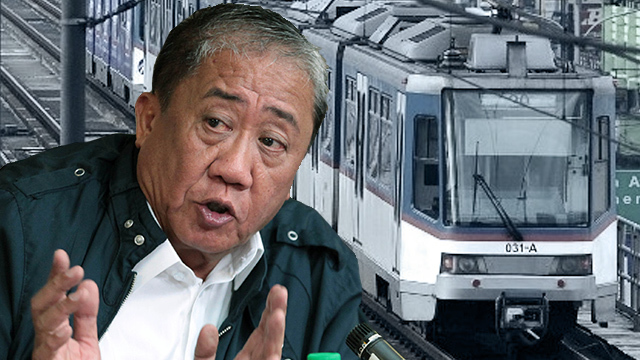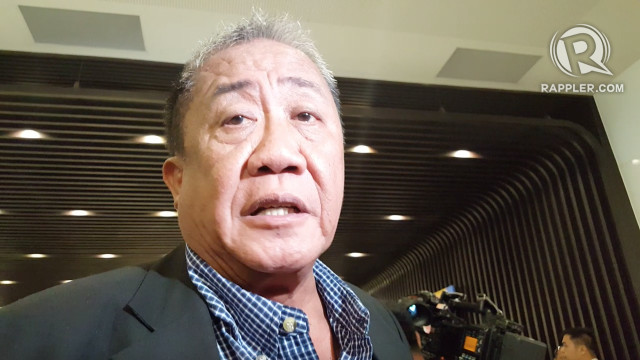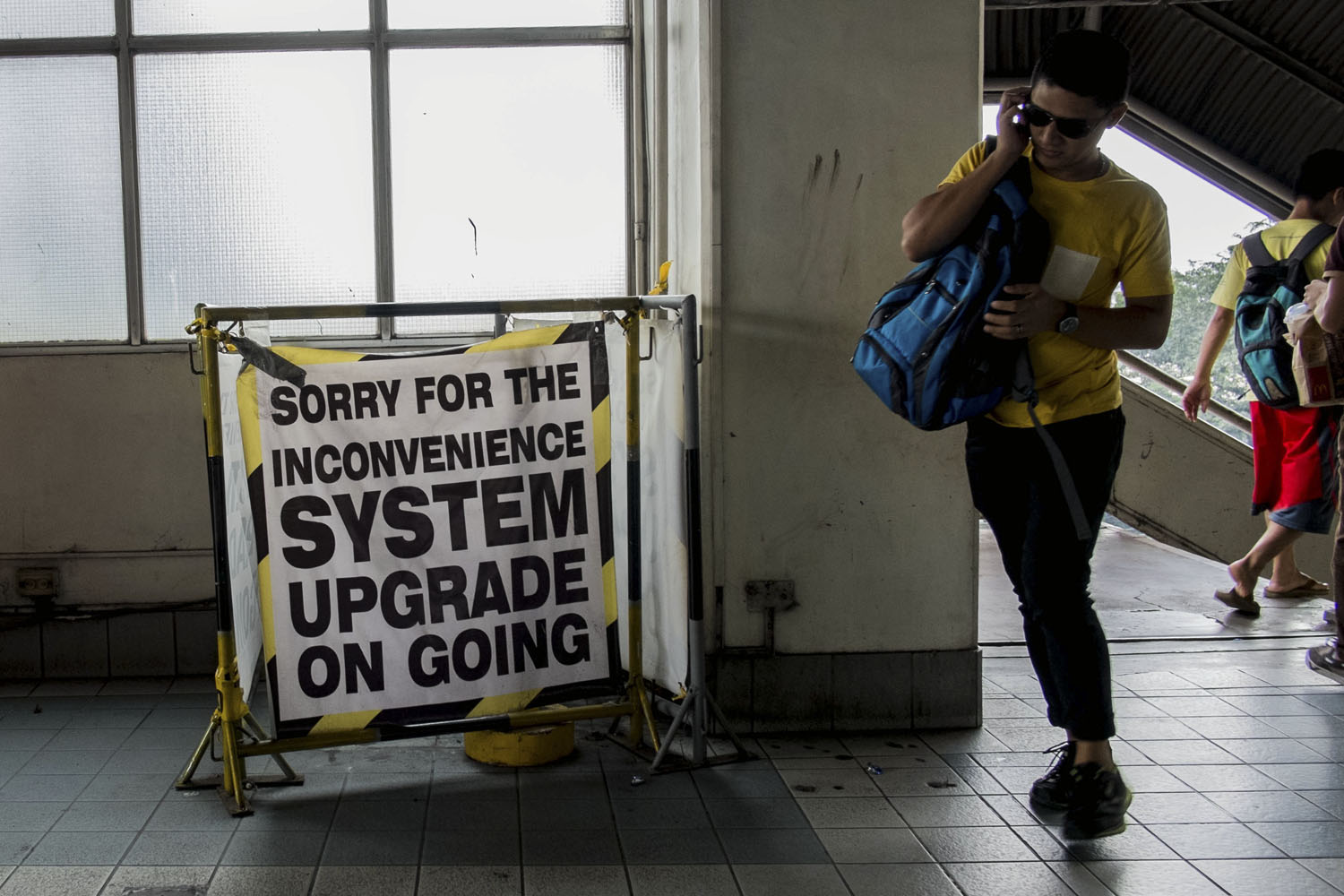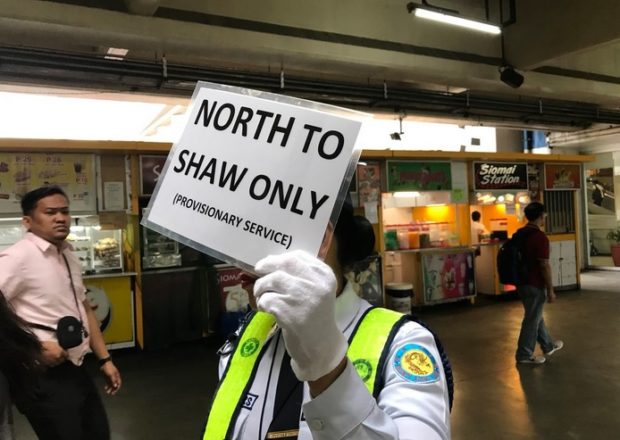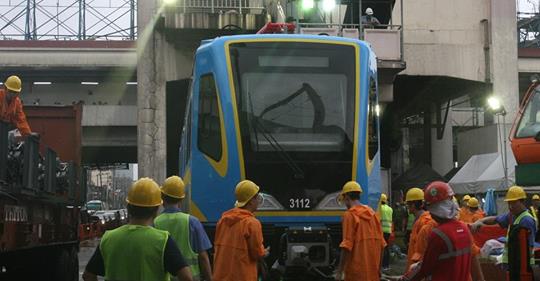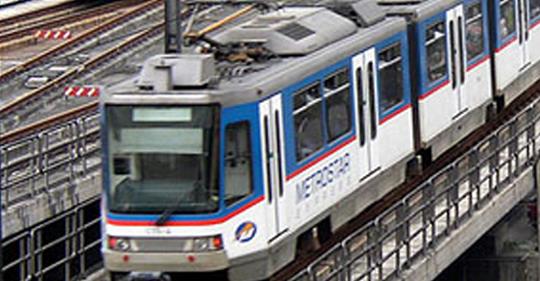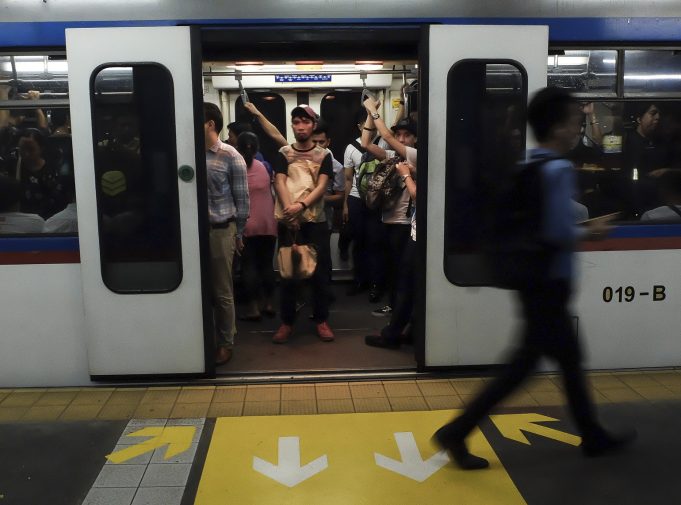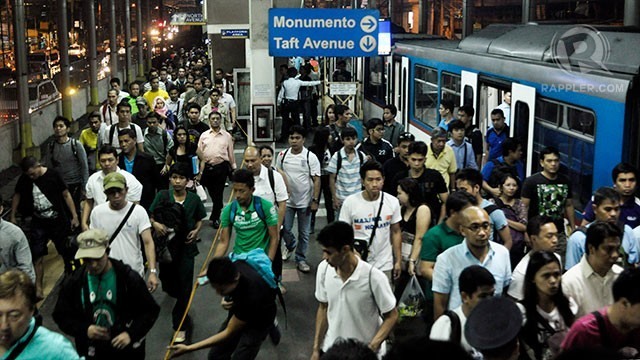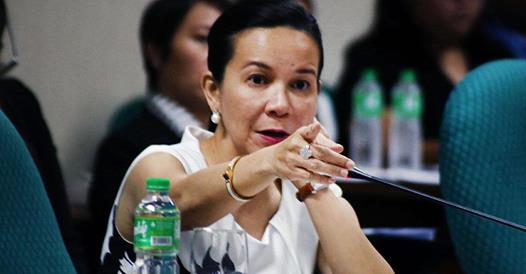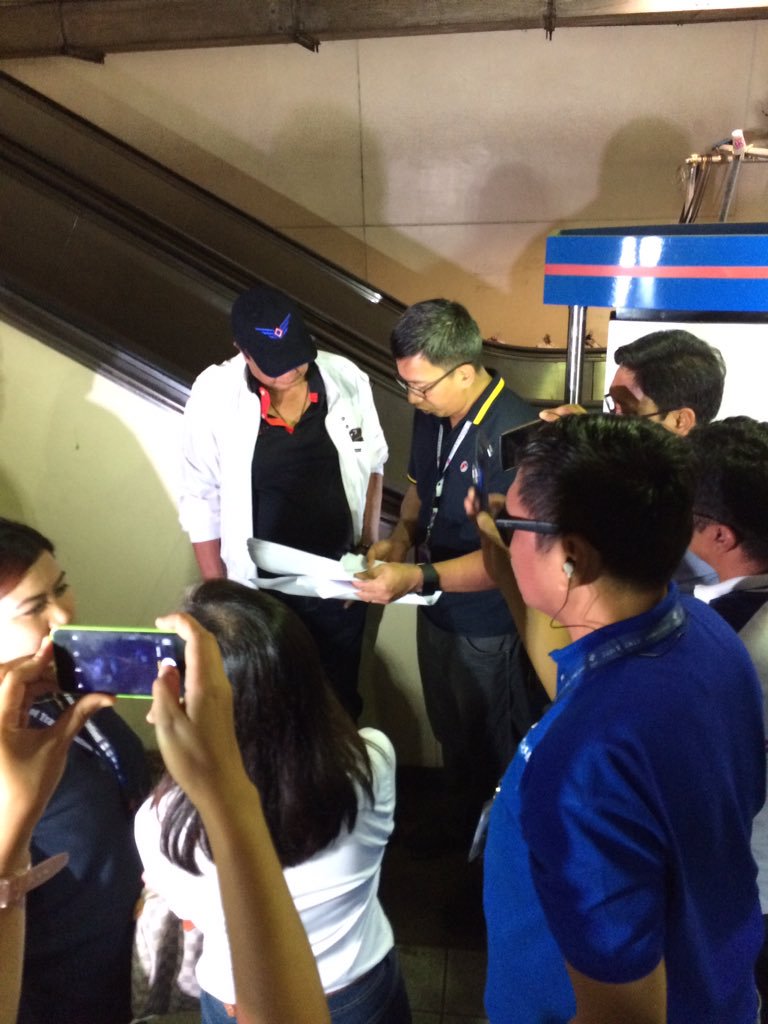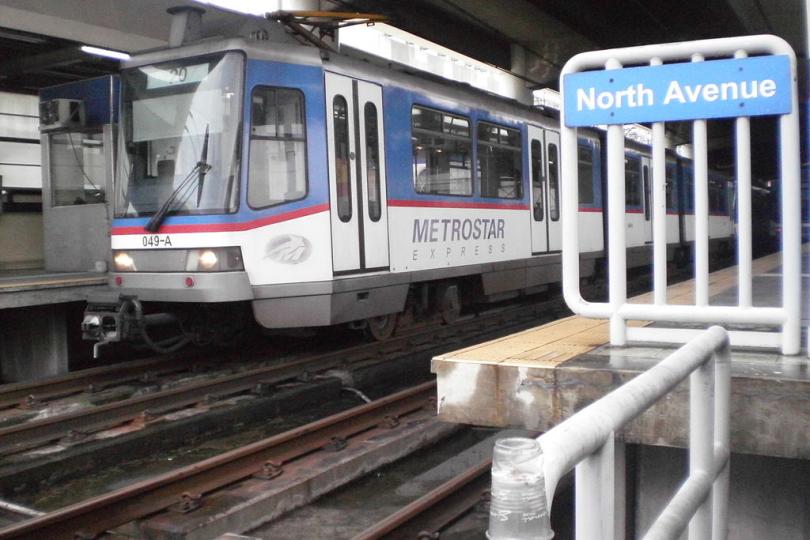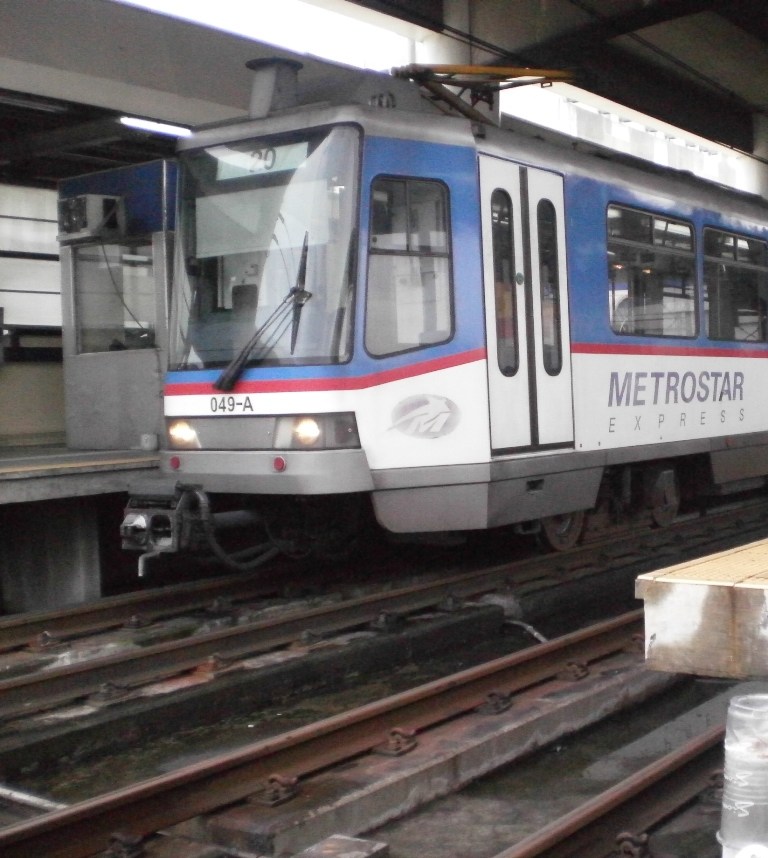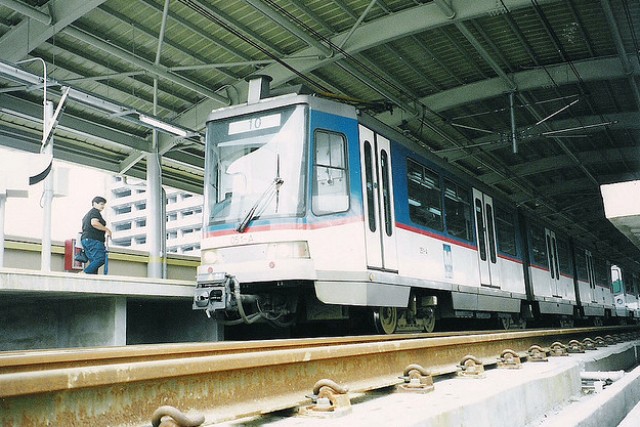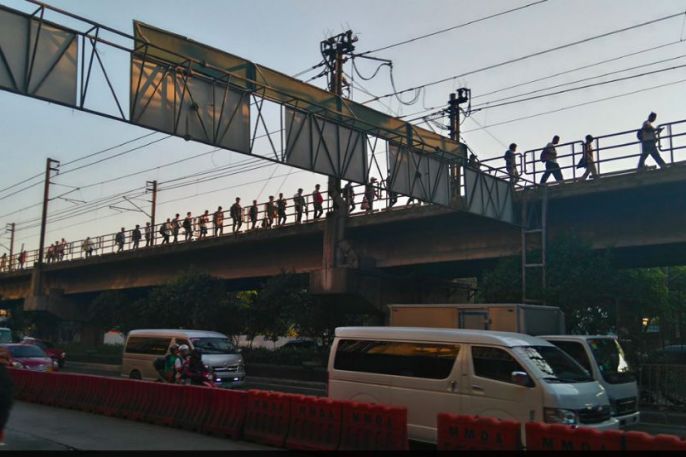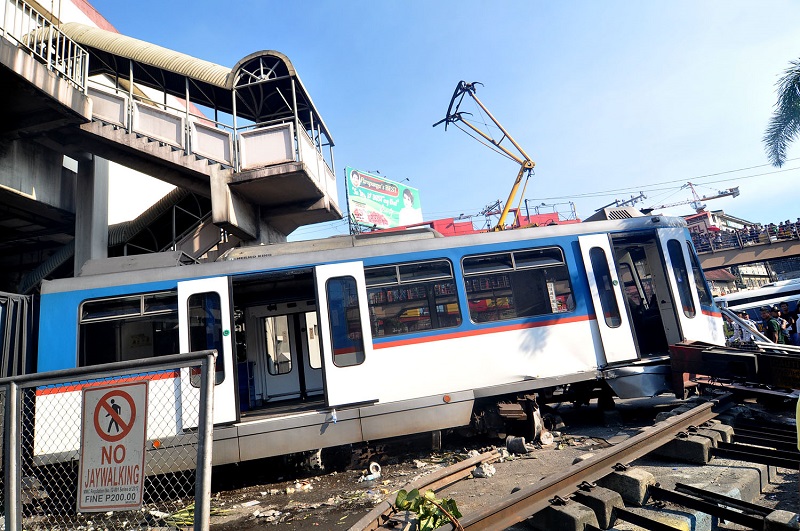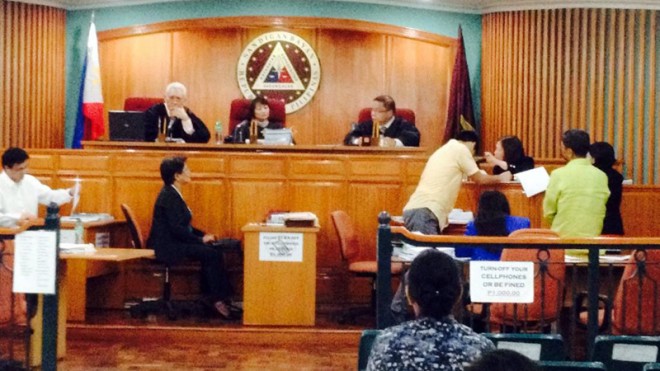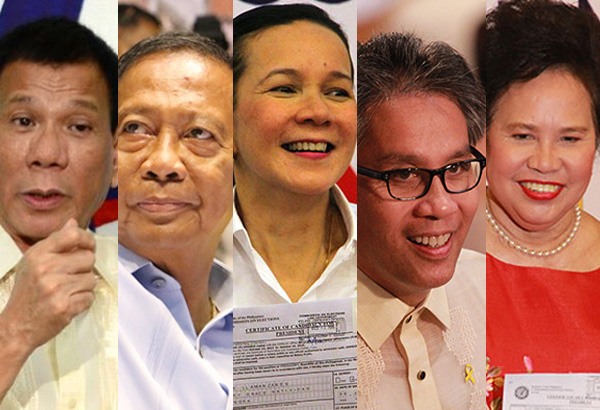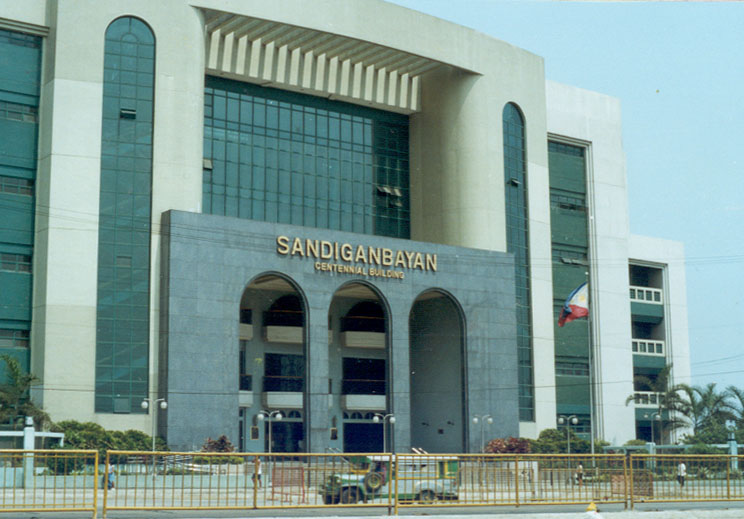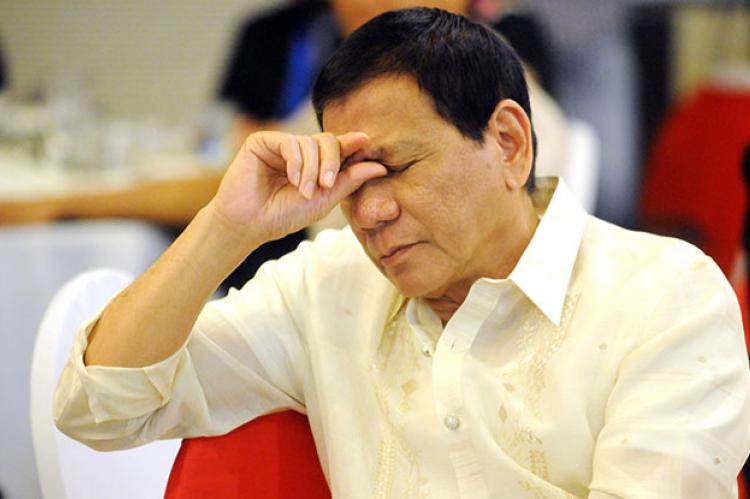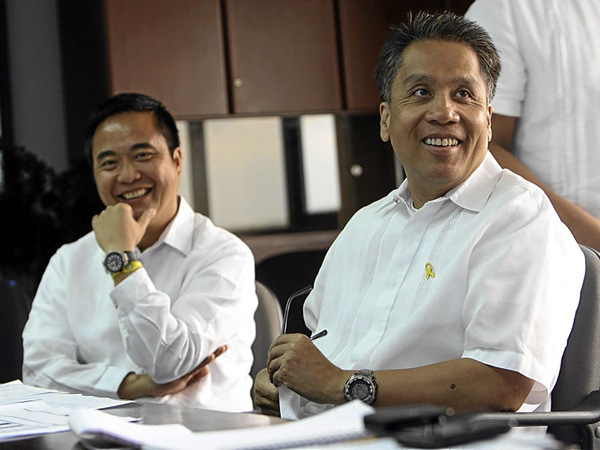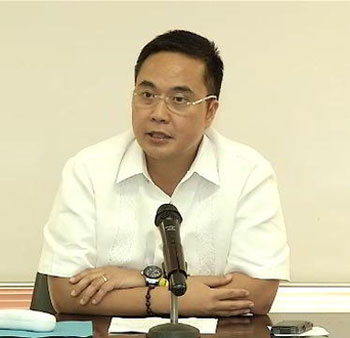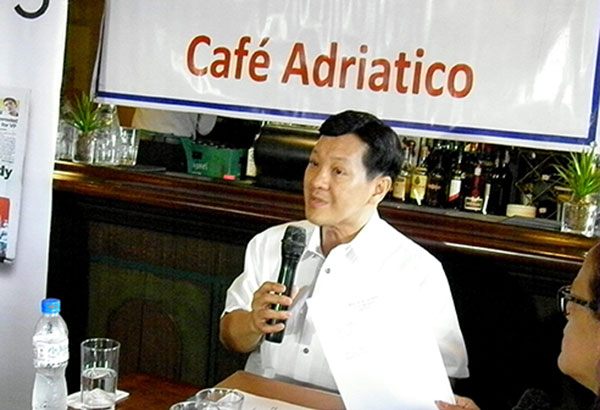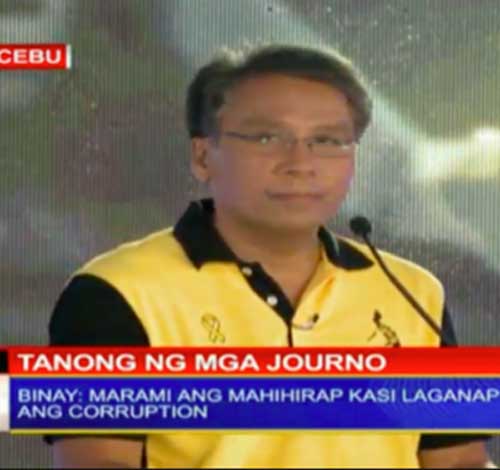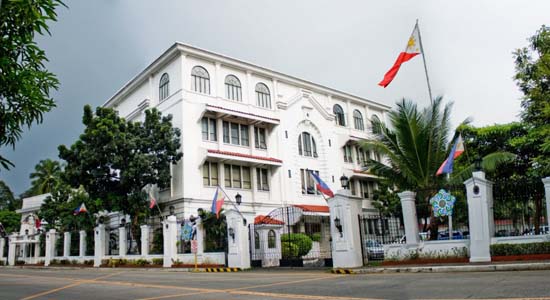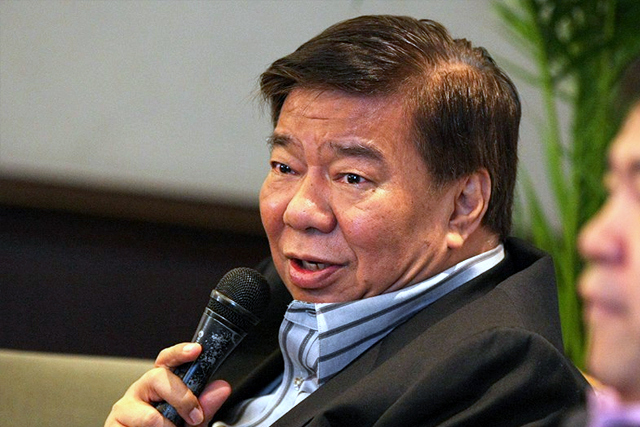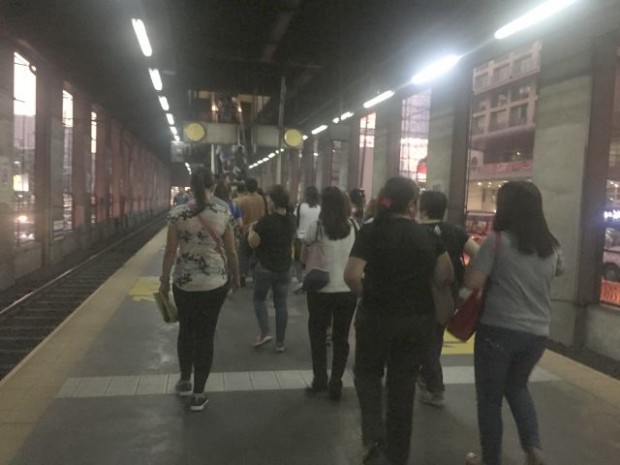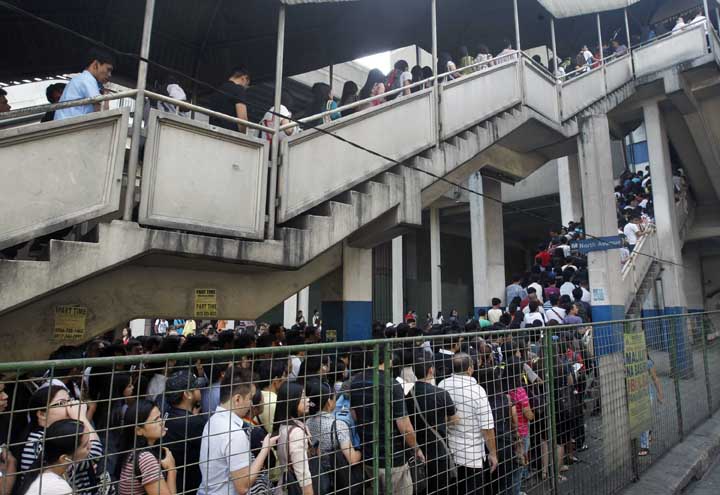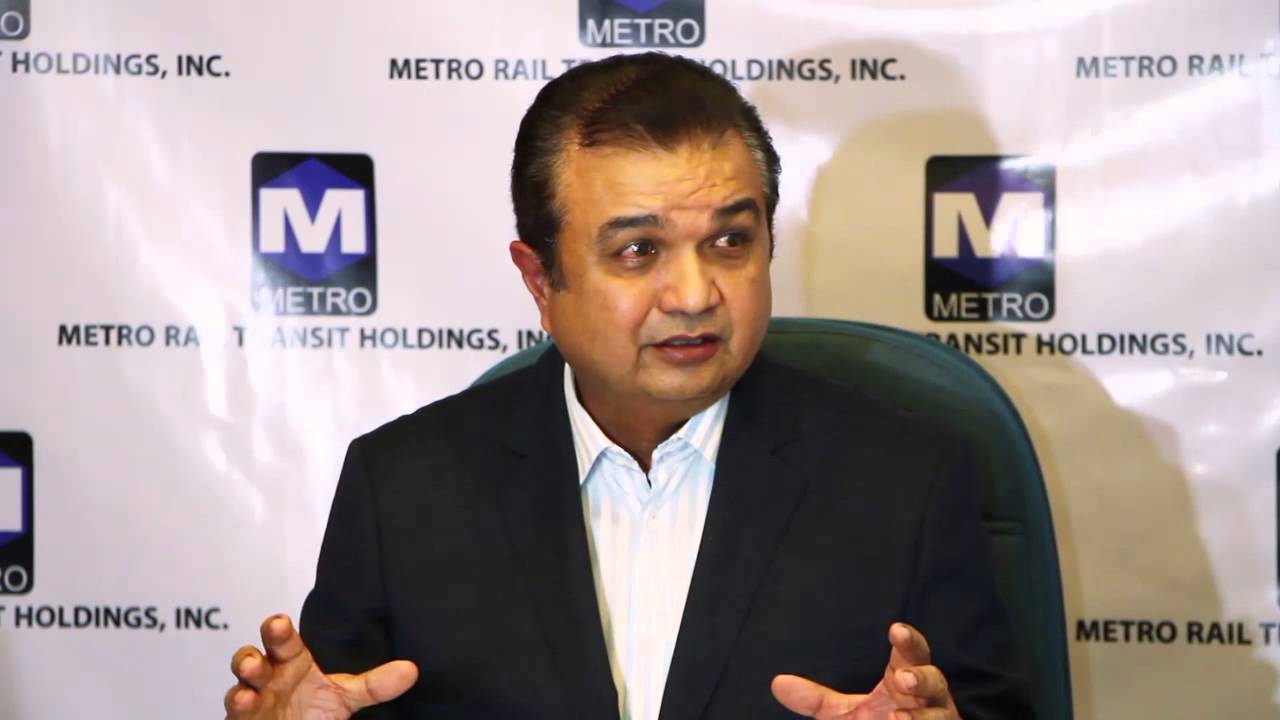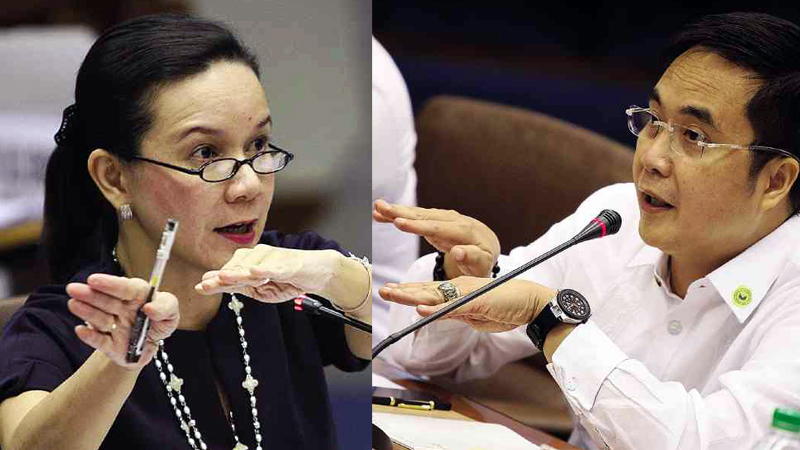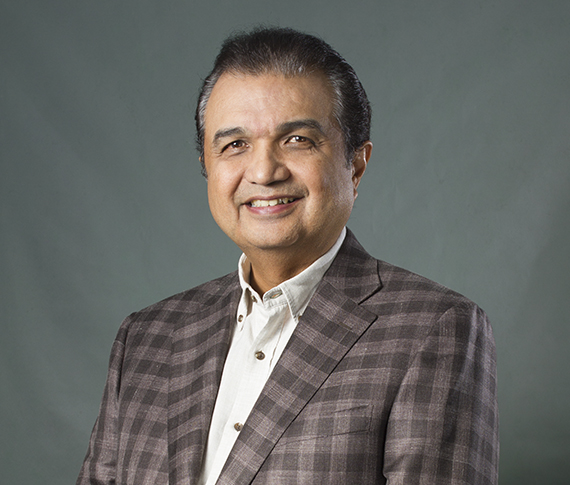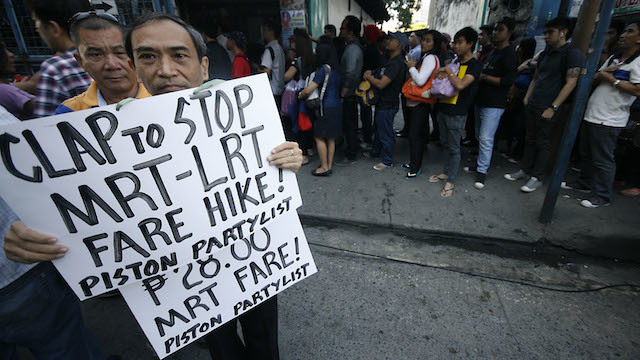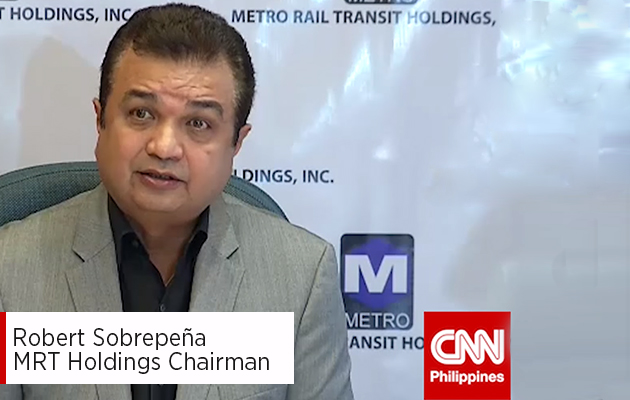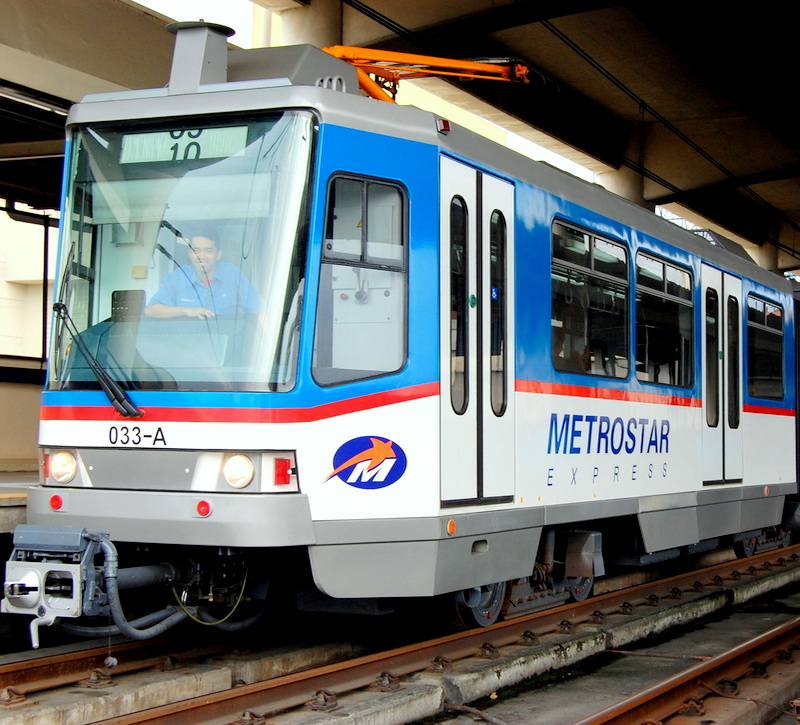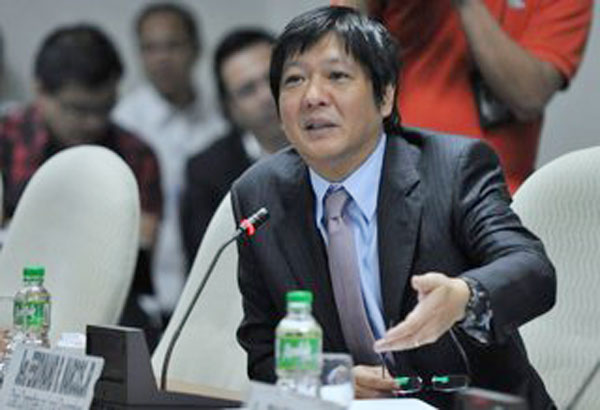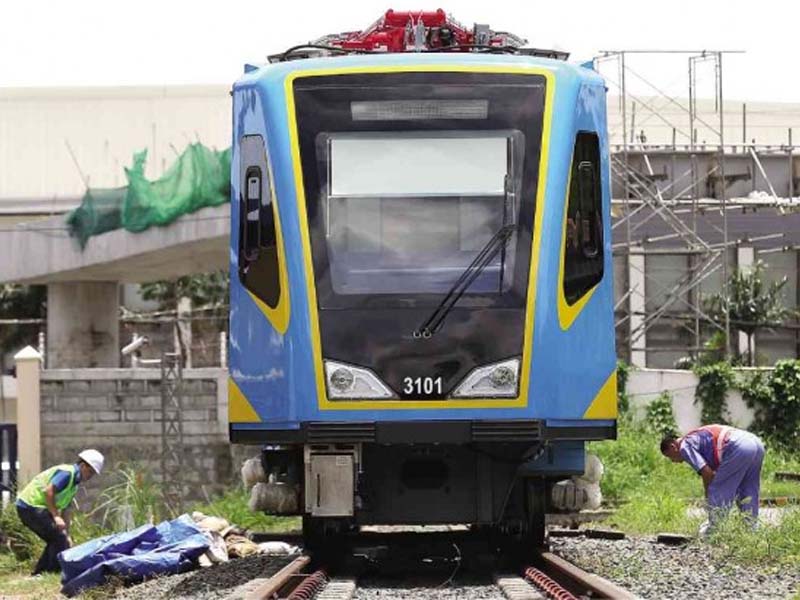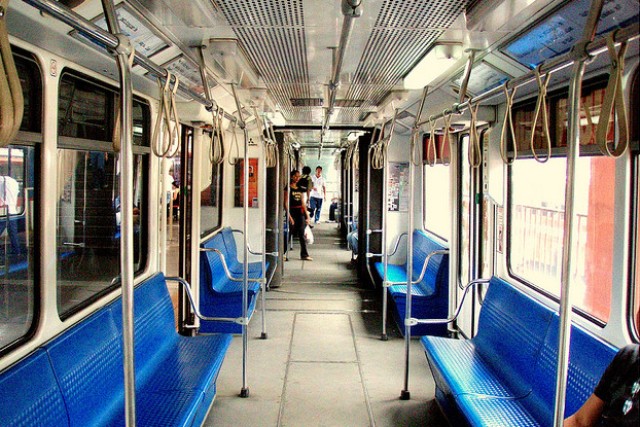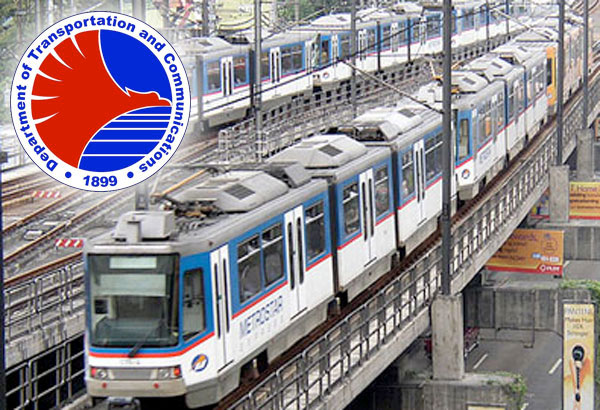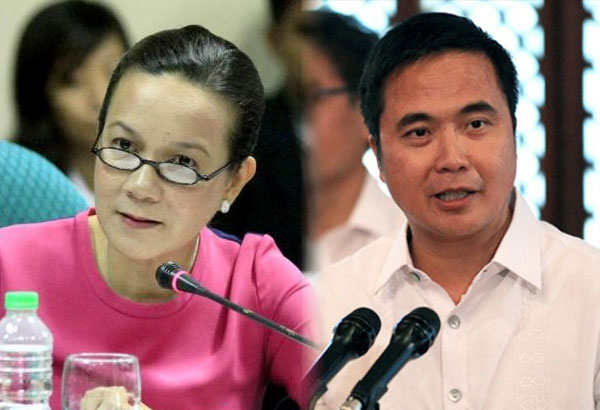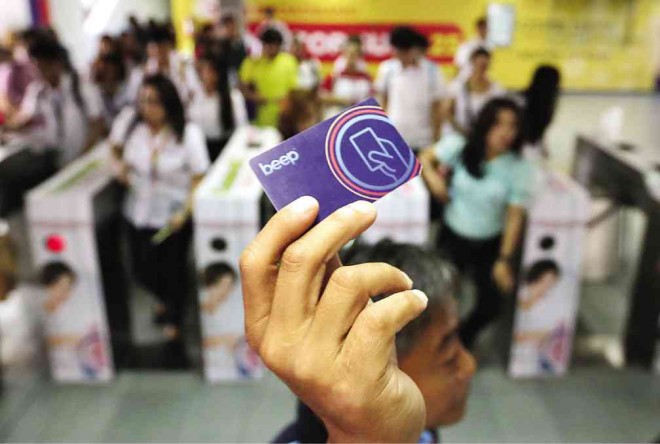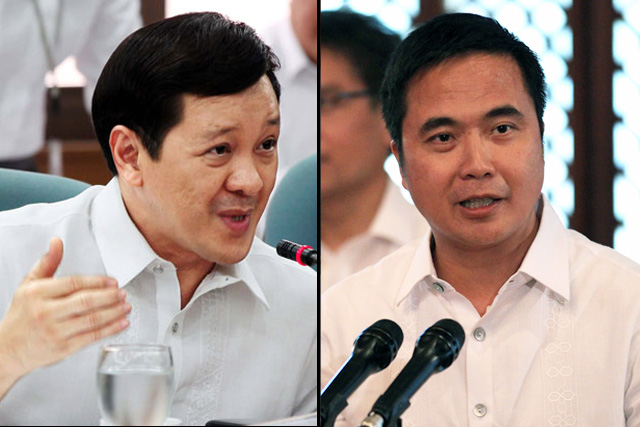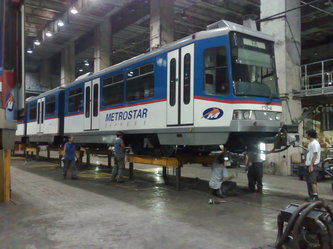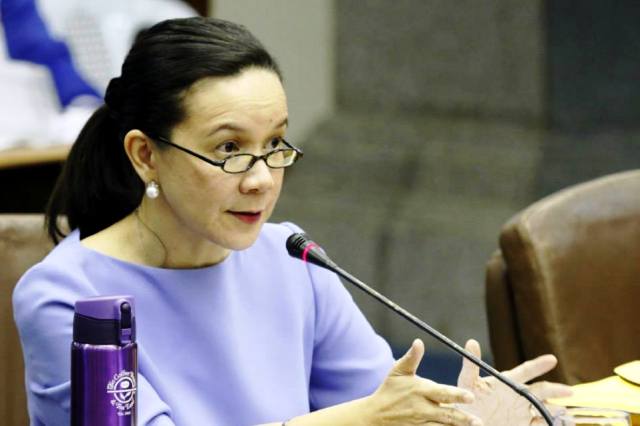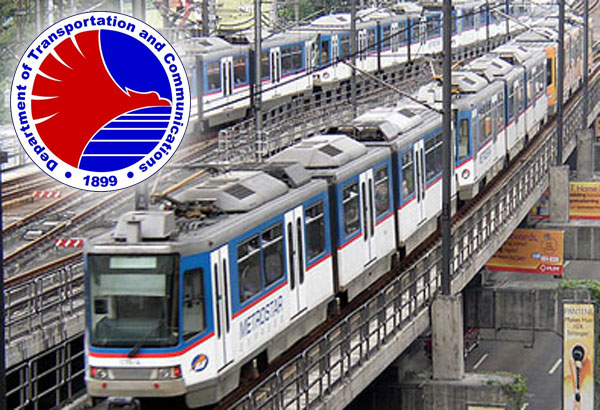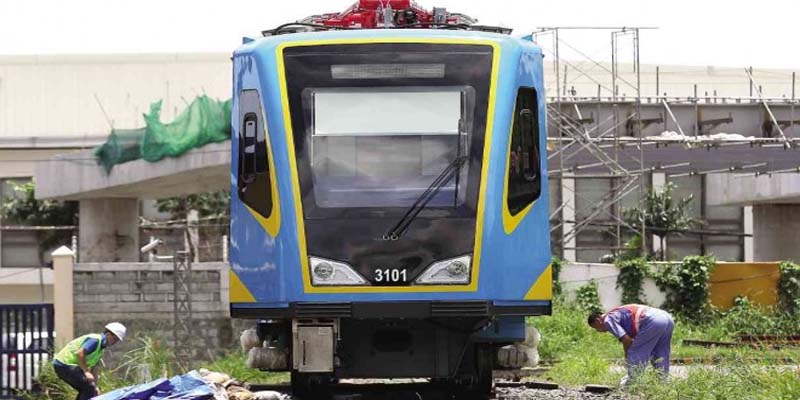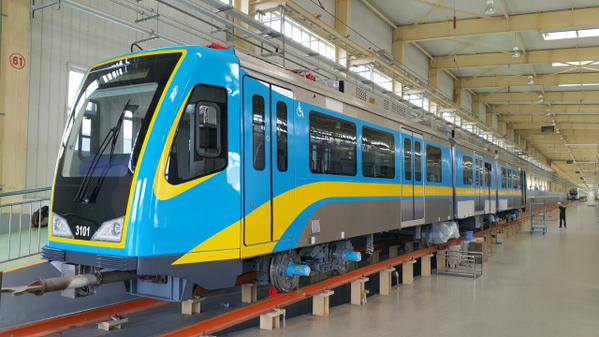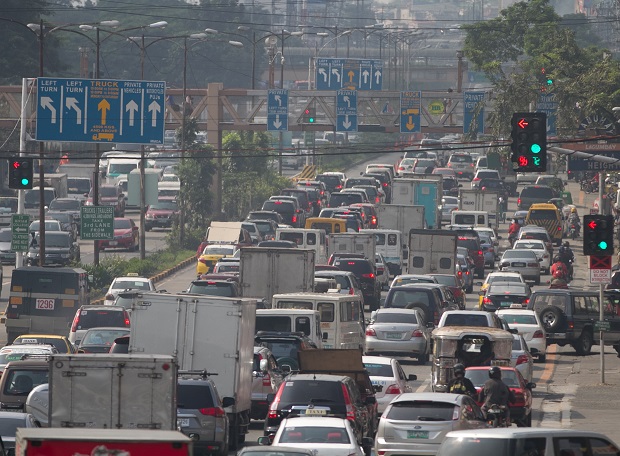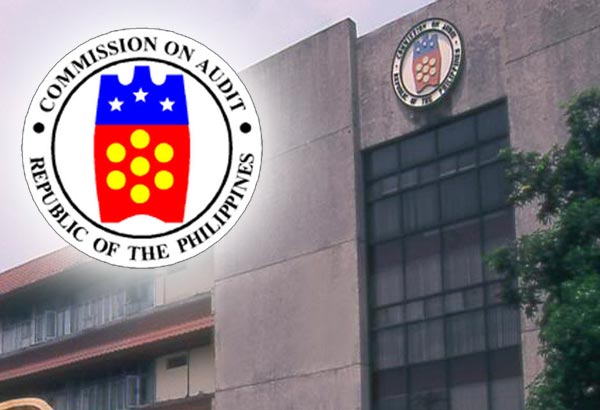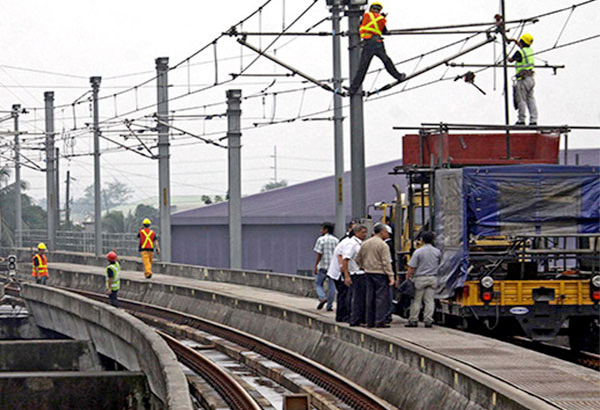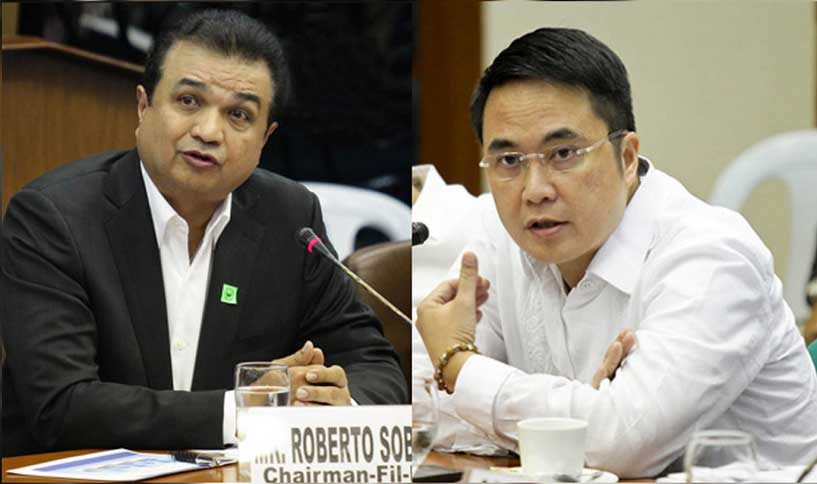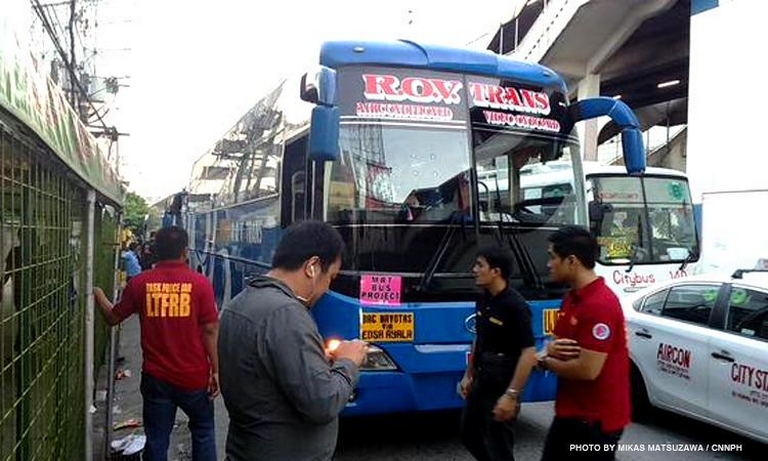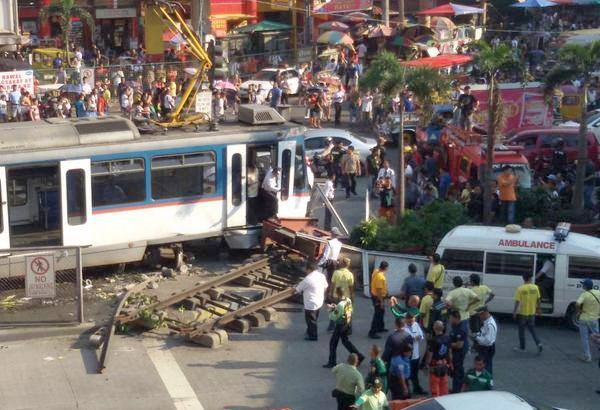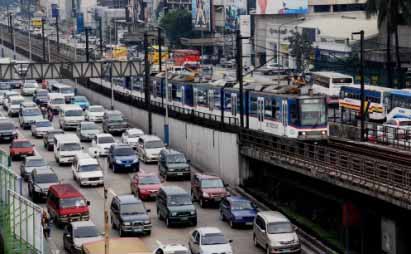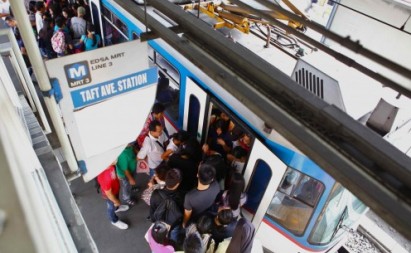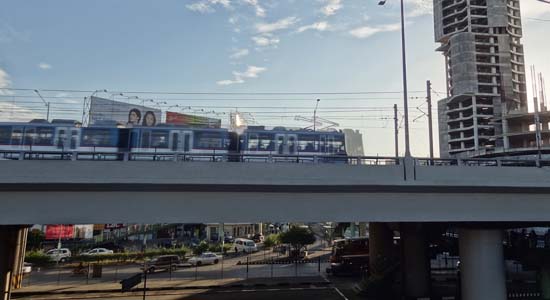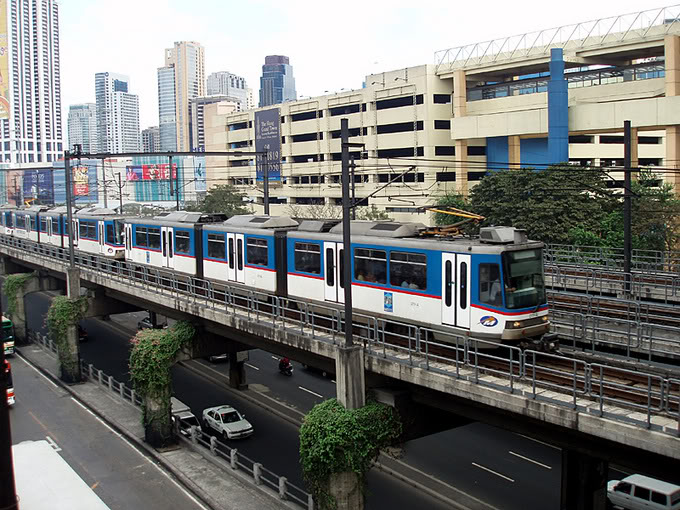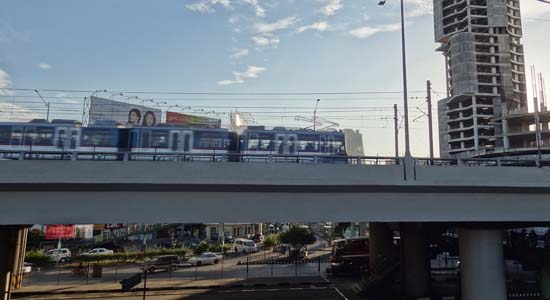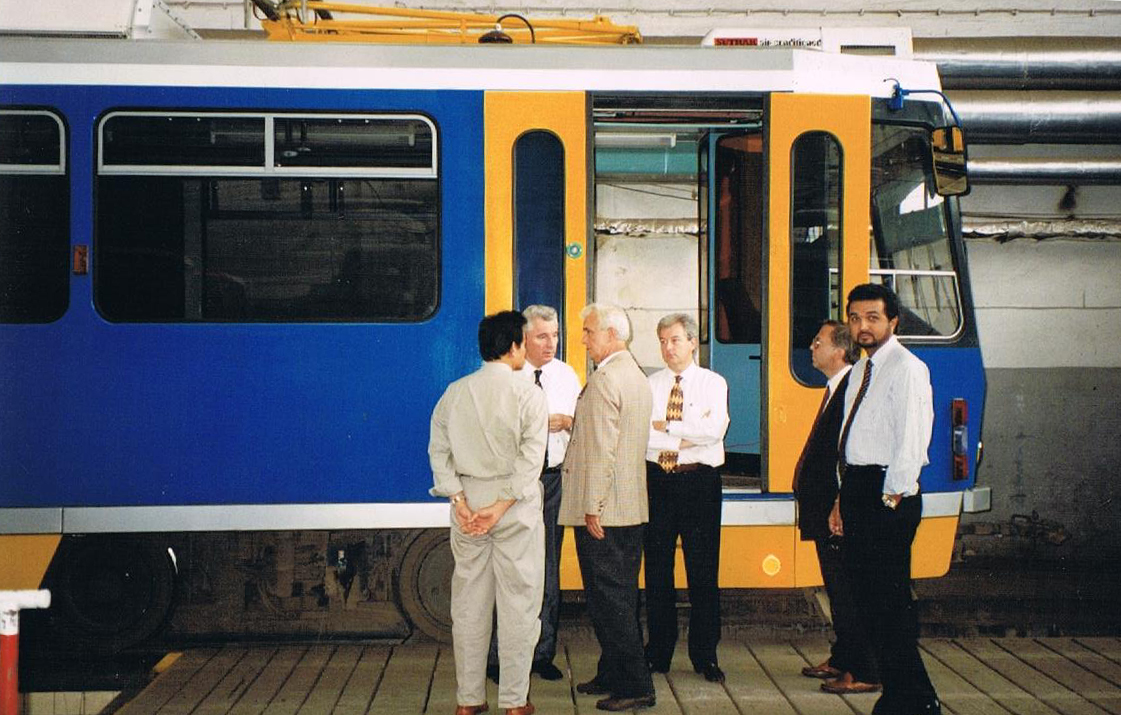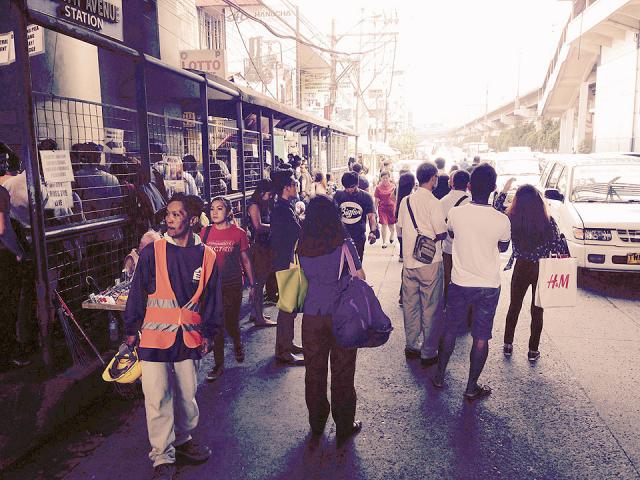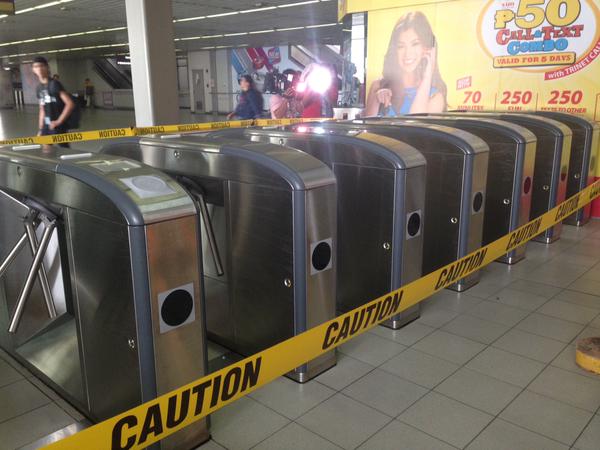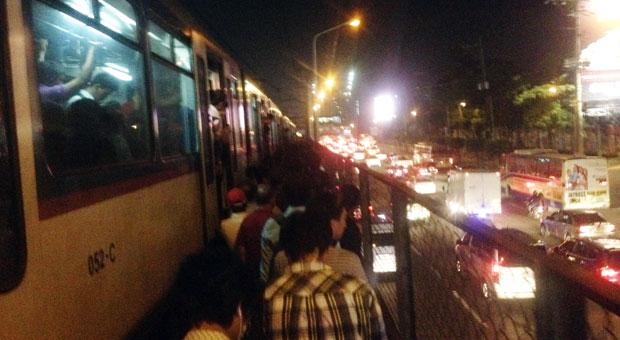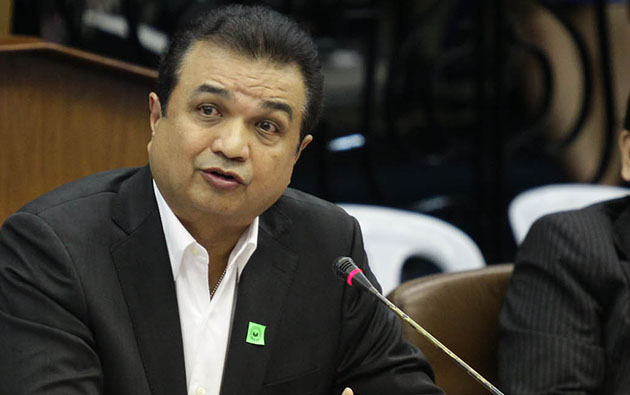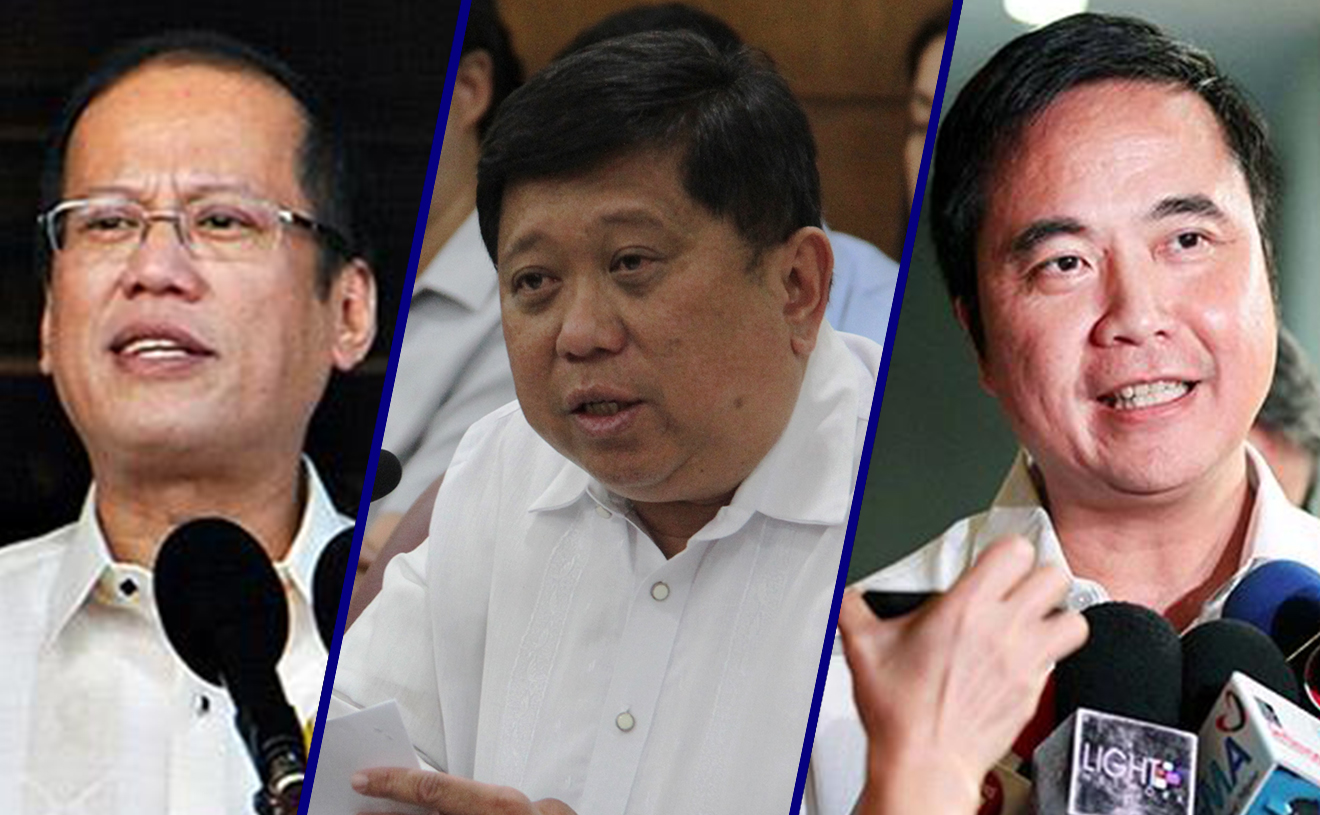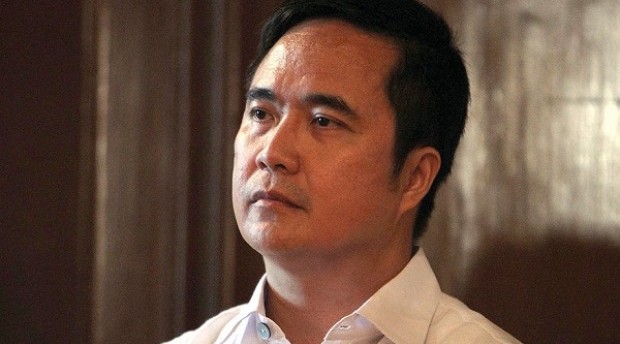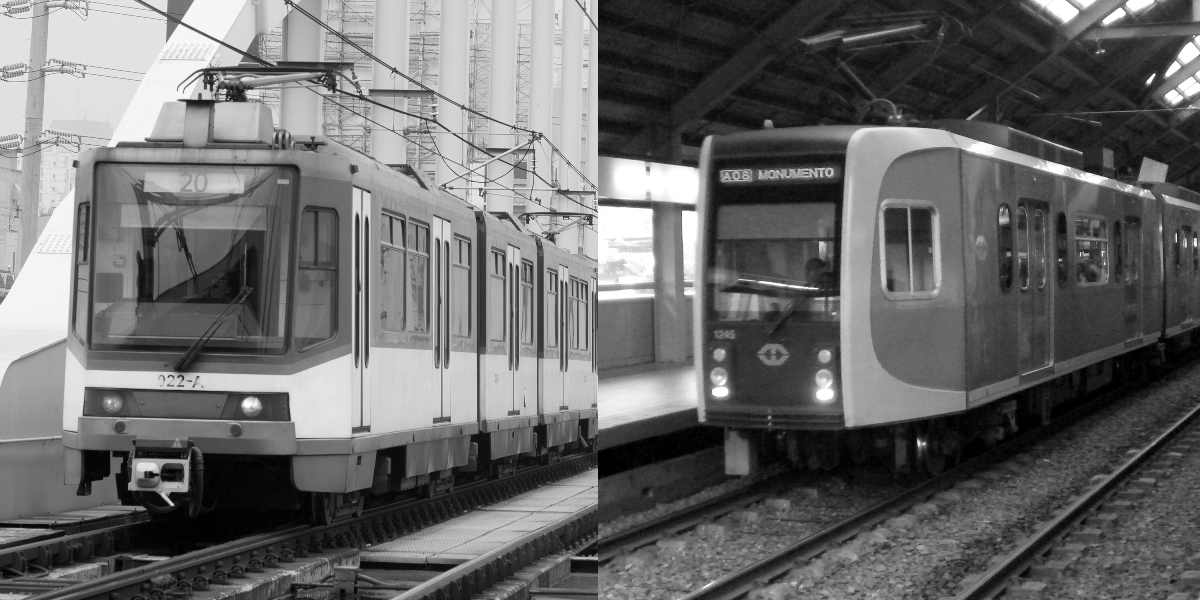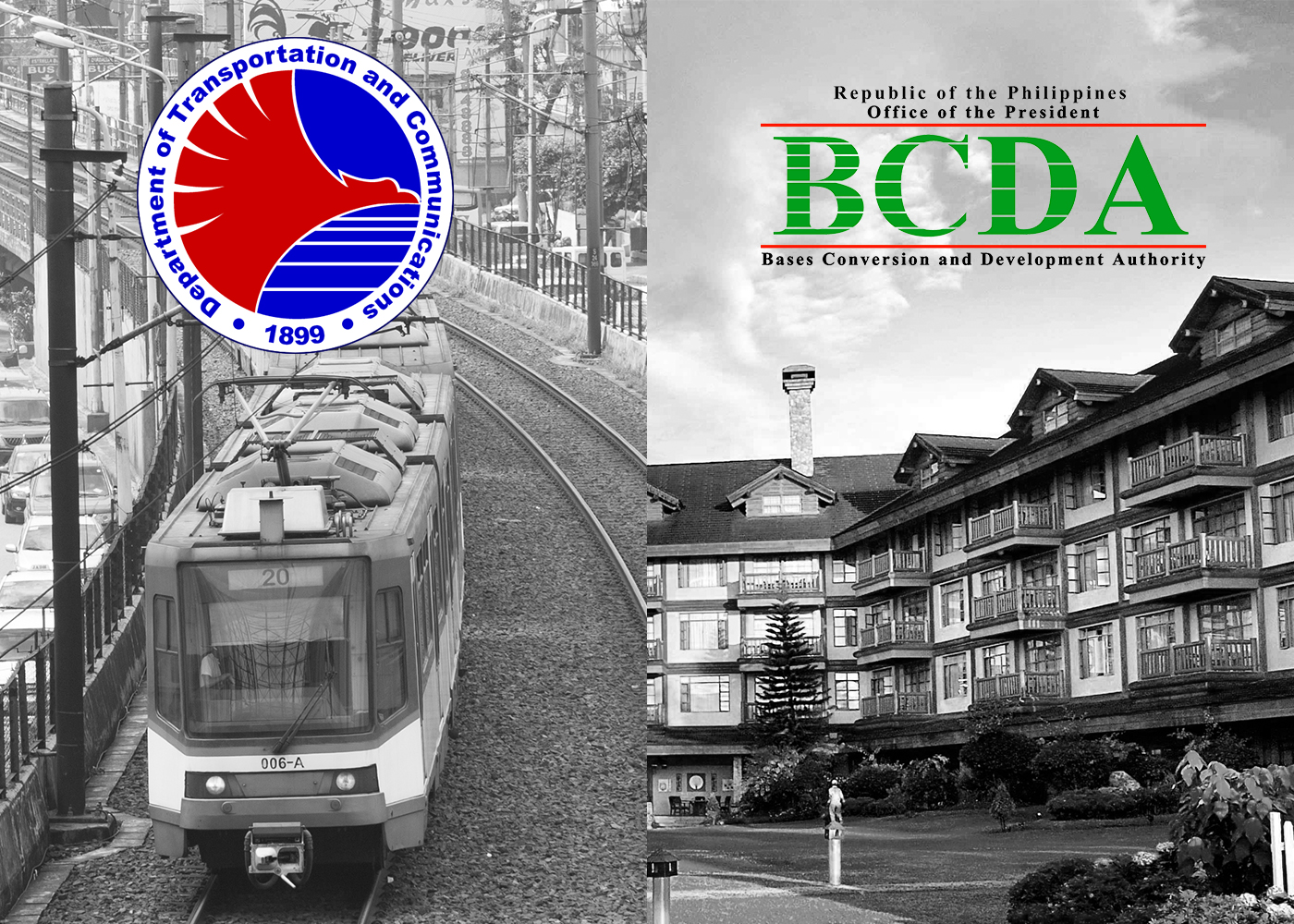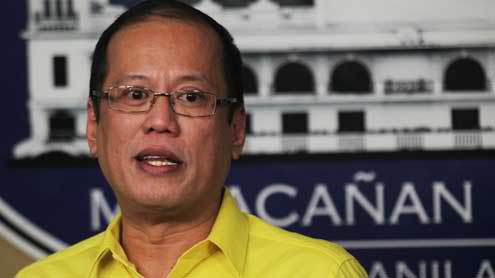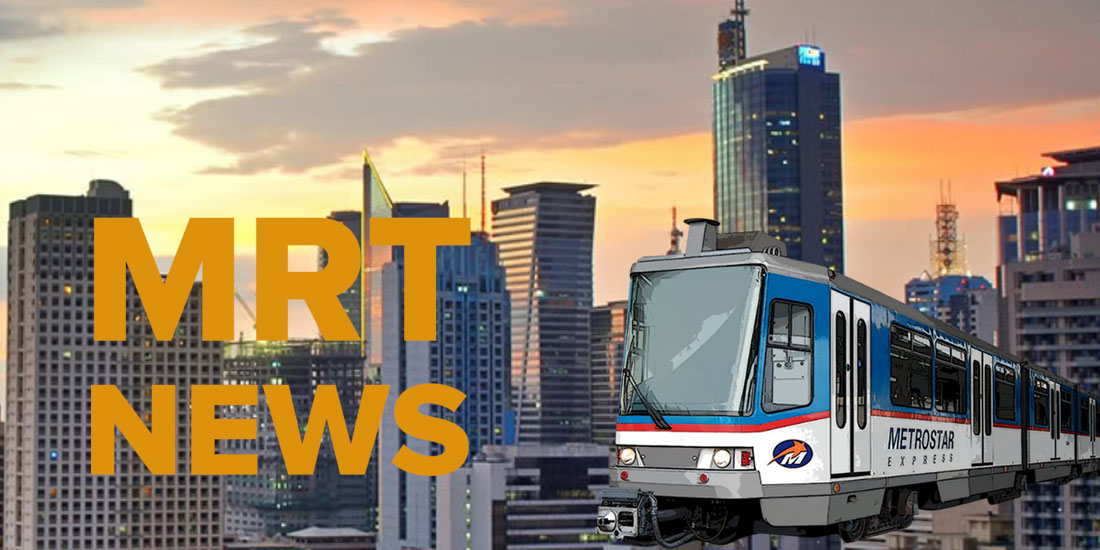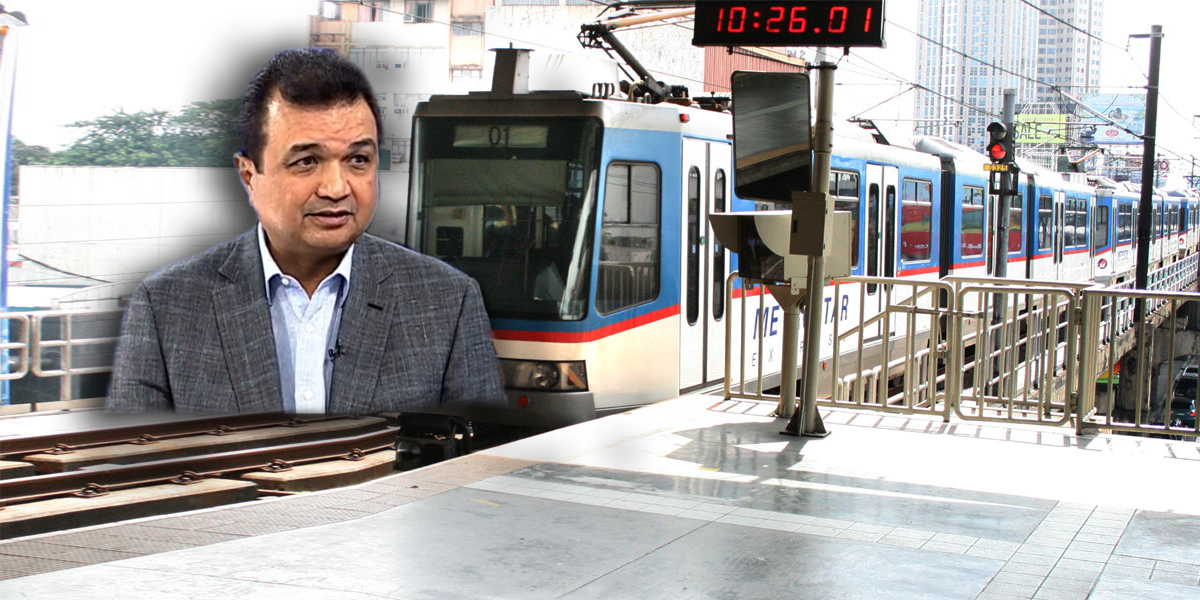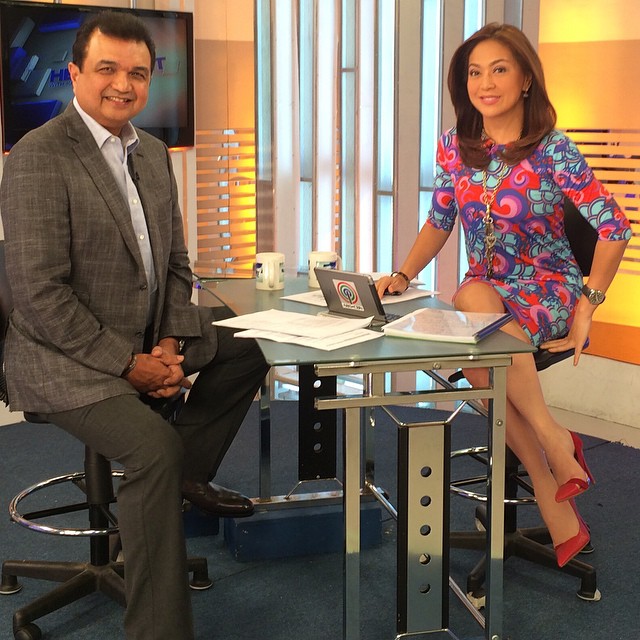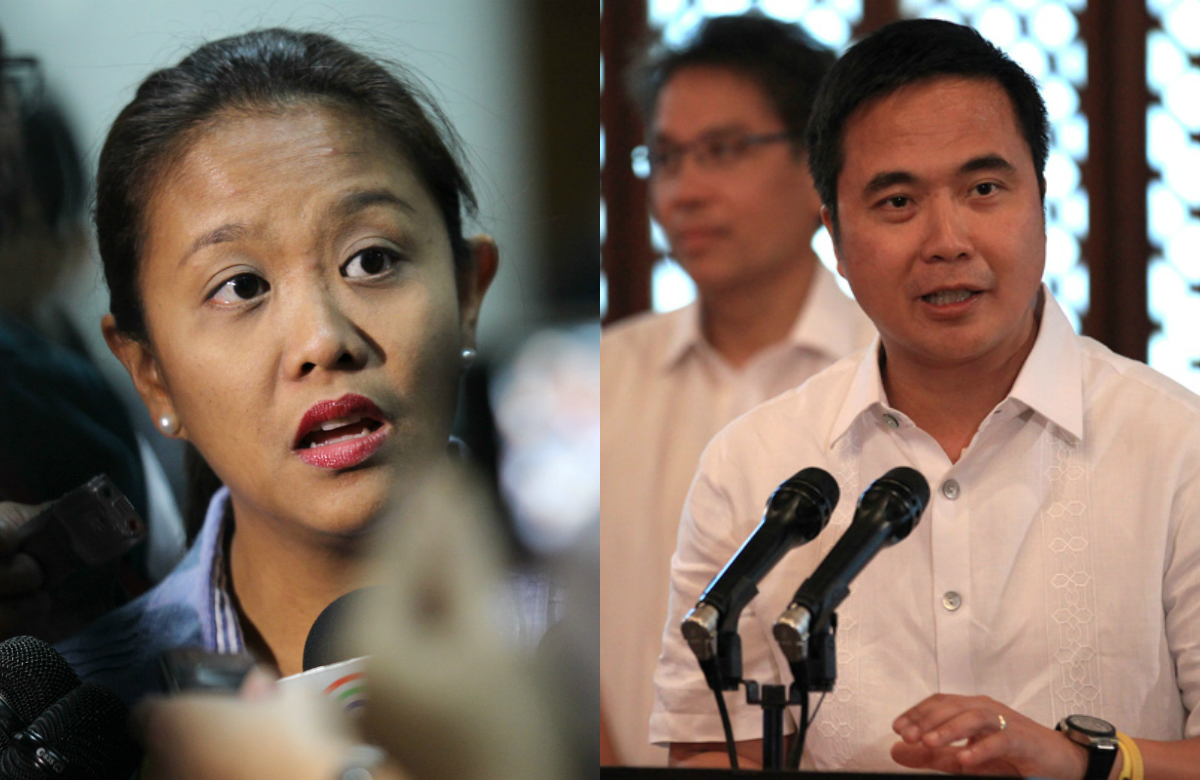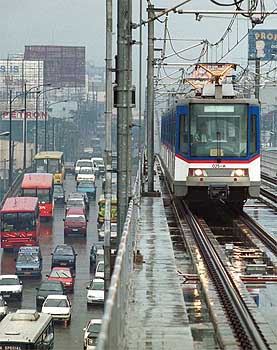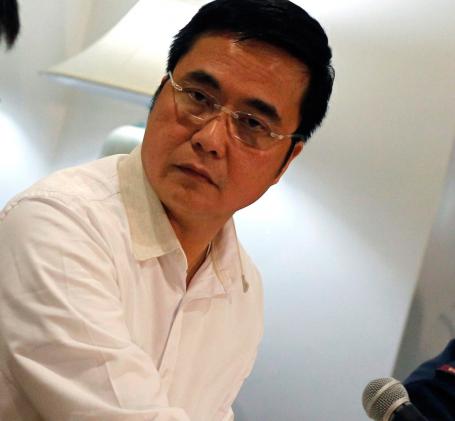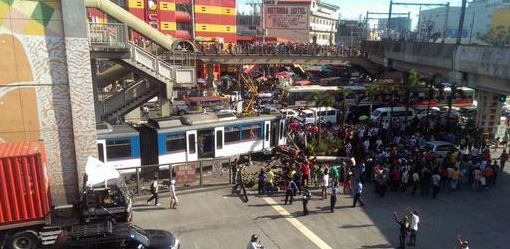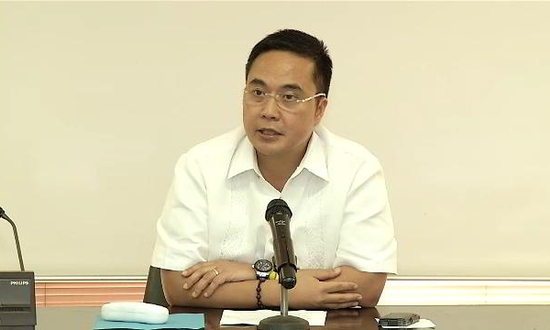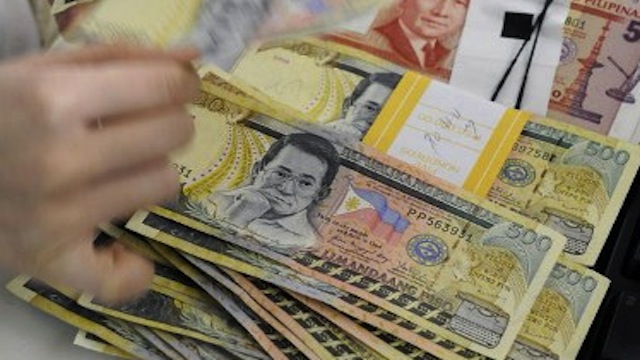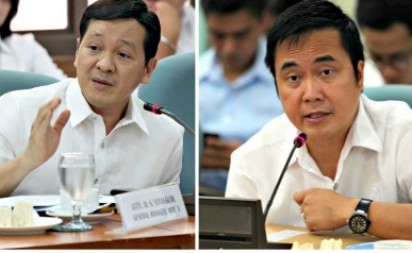Christian V. Esguerra, Gil C. Cabacungan, Leila B. Salaverria | December 23, 2014
Lawmakers on Monday challenged the impending fare increases of the Metro Rail Transit (MRT) and Light Rail Transit (LRT), saying their facilities should be improved first before commuters are asked to shell out a higher amount to ride the trains.
Sen. Grace Poe, who led a recent Senate hearing on the condition of MRT stations and trains, asked the Department of Transportation and Communications (DOTC) to stop the MRT fare hike until its dismal facilities get a much-needed upgrade.
Acting Senate Minority Leader Vicente Sotto III said the need to improve train facilities should not be used to justify the fare increase.
“I think it should be the other way around. Improve first before fare hike,” Sotto said in a text message.
Sen. Aquilino Pimentel III said that instead of doubling the fares, a minimal symbolic fare increase of about 10 to 20 percent could be imposed to underscore the message that the public’s use of the trains was subsidized by the government.
Sen. JV Ejercito said there would have been no problem with the fare increase if people had seen an improvement in the railway system. But this was not the case, he said.
According to him, it would have been better if the government first invested in a better train system to make the fare hike more acceptable to commuters.
Defer hike
In the House of Representatives, the head of the committee on Metro Manila development will ask the DOTC to defer for a year the fare increase.
Quezon City Rep. Winston Castelo said the DOTC can afford to hold off the implementation of the new rates for at least one year after Congress recently granted close to P1 billion for the maintenance of the LRT and MRT systems in the P22.4-billion supplemental budget.
“It’s difficult to explain to the public that we gave that huge amount then we asked the people again to subsidize it through taxes. We will try to appeal to the DOTC to defer it for the last time,” Castelo said in a text message to the Inquirer.
LRT and MRT fares are set to increase by 50 to 87 percent on Jan. 4. The new base fare would be P11, plus P1 for every kilometer.
End-to-end fare at MRT 3 will increase from P15 to 28. Those at LRT 1 will move up from P20 to P30 for single-journey tickets and to P29 for stored-value cards.
The fare at LRT 2 will be P24 for stored-value cards and P25 for single-journey tickets from the current P15.
Palace backs new fare
Saying President Aquino did not want to leave the problem to his successor, Malacañang on Monday stood by the government’s decision to finally increase the fares.
Communications Secretary Herminio Coloma Jr. said the decision to go ahead with the fare hike was based on “what is right and for the good of the majority and not merely on what is politically expedient.”
“The President doesn’t want to leave to the next administration problems that should have been addressed now,” he said in a press briefing.
Particularly revolting for many commuters is the looming increase in MRT fare, considering that service was often halted by derailed trains and other maintenance-related problems.
Coloma said efforts to fix problems at the MRT were not contingent on the fare increase.
“Even if the increase was not implemented before, (the MRT) administrators and the (Aquino) administration continue to address the maintenance and safety concerns,” he said.
“It’s not reasonable to say that if the (fare increase) will not be implemented, service would not improve. It’s not true. There’s no basis for that view.”
“While we’re improving the quality of service, there’s also a need to address the issue of fare (increase),” he added.
Poe said the fare increase was unnecessary, untimely, and even insensitive, especially with the government’s failure to improve even the MRT’s basic facilities.
“The sorry state of the MRT brought about to a large extent by government mismanagement and ineptness cannot justify an increase. The government is obligated to maintain the subsidy until the system’s services and safety are upgraded,” Poe said in a statement on Monday.
According to her, the impending MRT fare hike was unfair to commuters.
“We must remember that a mass transport system such as the MRT is an essential government service. The fare increase is an added insult and an injustice to the suffering riding public whose very lives are put on the line every day,” she said.
While only those in Metro Manila get to ride the train system, their riders are “mostly wage earners whose contribution to the national economy is far reaching and impacts productivity,” the senator said.
Infusion from government
Poe pointed out that the fare increase would come at a time when the MRT and LRT lines would get an infusion of substantial assistance from the government.
In the 2015 budget bill, which Mr. Aquino is expected to sign soon, the MRT would get a P4.65-billion subsidy and another P7.4 billion for rehabilitation. In the supplemental 2014 budget, another P1.21 billion was allocated for MRT rehabilitation and capacity extension, and P728 million for LRT 1 and LRT 2 rehabilitation.
Administration officials have said the fare increase would mean that the subsidy for the commuter trains, which only benefit those in Metro Manila, could be freed up and used for other crucial social services.
Pimentel said that if the subsidies for the MRT and LRT were going to be set aside for other important government services, part of it should go to Mindanao. He said he hoped the government would be true to its vow of dividing the budget more equitably.
So expensive
At the same time, he said there was a need to determine why the train fares were so expensive as to require a subsidy from the government.
“Who is earning from this? How much is going to the private sector?” Pimentel said over the phone.
If the price is due to the contract the government has with private entities, there is a need to look into why such a deal was signed, Pimentel added.
Poe also wondered why DOTC officials had not announced the plan to increase fares earlier, when various issues concerning the MRT were tackled in three Senate hearings in the past four months. The last hearing was held earlier this month.
“Almost all issues from the basic maintenance concerns to ownership of the kind of trains that we will procure in the coming years were all discussed. Considering that they have a date already to implement a new fare system, they should have volunteered it in the last hearing. But they did not,” she said.
“How could they be so insensitive to the millions of commuters and MRT, LRT riders?” she added.
Due process
She also said the DoTC’s last hearing was held in December last year and added that this did not conform with due process requirements because the safety and convenience situation had changed a lot since then.
“An issue like this deserves a fresh consultation from all stakeholders, particularly the MRT and LRT riding public,” she said.
In the House, Castelo said he could not accede to the request of Bayan Muna Representatives Neri Colmenares and Isagani Zarate to hold a public hearing on the LRT and MRT fare hikes during the Christmas break.
“A public hearing would have no bearing as the price hike is an executive decision,” Castelo said.
Colmenares said he could not understand why the DOTC had no qualms about increasing fares just to save P2 billion in train subsidies while splurging P54.9 billion just to buy out MRT 3’s private owners and replace these with new ones.

 Twitter
Twitter Facebook
Facebook